Are you considering getting a tattoo? You're not alone. More and more people are choosing to mark significant moments or express themselves through this form of body art. However, before you take the plunge, it's crucial to understand the risks and considerations involved. This guide will help you make an informed decision about whether tattooing is right for you.
Understanding the Risks of Getting a Tattoo
Tattoos have become increasingly popular as a means of self-expression, commemoration, or simply as aesthetic adornment. They can be deeply personal, representing important life events, beliefs, or artistic preferences. However, it's essential to remember that tattoos are permanent modifications to your body, and the decision to get one shouldn't be taken lightly.
While tattoos can be beautiful and meaningful, they do come with potential risks:
- Infection: The tattooing process involves breaking the skin, which creates an opportunity for bacteria to enter. Proper hygiene and aftercare are crucial to prevent infections.
- Allergic Reactions: Some people may be allergic to the inks used in tattoos, particularly those containing metal components. Allergic reactions can occur immediately or even years after getting the tattoo.
- Scarring: In some cases, tattoos can lead to scarring, especially if the skin is damaged during the process or if you're prone to keloid formation.
- Blood-borne Diseases: If proper sterilization techniques aren't used, there's a risk of contracting serious blood-borne diseases like hepatitis or HIV.

Who Should Avoid Getting Tattoos?
While many people can safely get tattoos, some individuals should avoid them or consult a doctor before proceeding:
- Pregnant Women: It's best to wait until after pregnancy to get a tattoo to avoid any potential risks to the fetus.
- Minors: Many jurisdictions prohibit tattooing minors, and there are good reasons for this. Young people may not fully understand the long-term implications of their choices.
- People with Certain Medical Conditions: Individuals with blood-borne diseases, autoimmune disorders, heart conditions, or diabetes should consult their doctor before getting a tattoo.
- Those Prone to Keloids: If you have a history of keloid formation, tattooing may not be advisable.
- People with Allergies: If you have sensitive skin or known allergies, especially to metals, you should be cautious about getting a tattoo.
- Individuals with Blood Clotting Disorders: Tattooing involves some bleeding, so those with clotting issues should consult a healthcare provider first.
- People with Liver Problems: The liver plays a role in fighting infections, so those with liver issues may be at higher risk of complications.
Making an Informed Decision Before Getting a Tattoo
If you've considered the risks and still want to proceed with getting a tattoo, here are some steps to ensure a safer experience:
- Choose a Reputable Tattoo Artist: Research tattoo artists in your area. Look for reviews, check their portfolios, and ensure they follow proper hygiene practices.
- Visit the Tattoo Studio: A clean, professional environment is crucial. Don't hesitate to ask questions about their sterilization procedures.
- Discuss Your Health: Be honest with your tattoo artist about any health conditions or concerns you may have.
- Follow Aftercare Instructions: Proper aftercare is essential for healing and preventing infections. Follow your artist's instructions carefully.
- Be Mindful of Your Diet: Avoid alcohol and certain foods that may interfere with healing during the recovery period.

Innovative Solutions for Tattoo Design
Before committing to a permanent tattoo, you might want to consider trying out your design first. This is where Phomemo's thermal tattoo printer and tattoo transfer paper can be incredibly useful. These innovative products allow you to print your desired tattoo design and apply it temporarily to your skin. This gives you the opportunity to see how the tattoo looks on your body and in different locations before making a permanent decision.
The Phomemo thermal tattoo printer is easy to use and produces high-quality temporary tattoos. It's an excellent tool for both tattoo artists and individuals considering getting inked. By using this technology, you can experiment with different designs, sizes, and placements without any long-term commitment.

Tattoo Stencil Printer
- Compact And Lightweight: Weighs only 1.5 lbs, 1.5"
- Battery Capacity: Lithium battery, 2600mAh
- High Definition: 203DPI
Final Thoughts
Getting a tattoo is a personal decision that requires careful consideration. While tattoos can be a beautiful form of self-expression, it's crucial to understand and weigh the potential risks against your desire for body art. By educating yourself, choosing a reputable artist, and taking proper precautions, you can minimize the risks associated with tattooing.
Remember, there's no rush to get a tattoo. Take your time, do your research, and make sure you're completely comfortable with your decision. And if you're unsure, consider using temporary solutions like the Phomemo thermal tattoo printer to test out your ideas before making a permanent commitment.
Ultimately, the choice to get a tattoo is yours. Armed with this information, you can make a decision that you'll be happy with for years to come.
FAQs About Getting a Tattoo
How painful is getting a tattoo?
The level of pain experienced during tattooing varies from person to person and depends on factors such as the location of the tattoo, your pain tolerance, and the size of the tattoo. Generally, areas with more nerve endings and less fat, like the ribcage or ankles, tend to be more painful. Many describe the sensation as a constant, intense scratching or burning. However, most people find the pain manageable, and some even find the process meditative.
How long does it take for a tattoo to heal?
The healing process typically takes about 2-4 weeks, but complete healing can take up to 6 months. The outer layer of skin usually heals within 2-3 weeks, but the deeper layers continue to heal for several months. During this time, it's crucial to follow your artist's aftercare instructions carefully to ensure proper healing and maintain the quality of your tattoo.
Can I get a tattoo if I have dark skin?
Absolutely! Tattoos can look great on all skin tones. However, certain colors may not show up as vibrantly on darker skin. A skilled tattoo artist will be able to adjust their technique and choose appropriate colors to ensure your tattoo looks fantastic on your skin tone. It's a good idea to look for an artist with experience tattooing on skin similar to yours.
How can I ensure my tattoo artist is using safe practices?
Look for a licensed tattoo artist who works in a clean, professional studio. The artist should use new, sterile needles for each client and open them in front of you. They should wear gloves and use single-use ink caps. The studio should have an autoclave (a machine used to sterilize equipment) and be willing to show you their sterilization procedures. Don't hesitate to ask questions about their hygiene practices.
Can tattoos be removed?
While tattoos are designed to be permanent, removal is possible, though it can be expensive, time-consuming, and may not always be 100% effective. Laser tattoo removal is the most common method, but it often requires multiple sessions and can leave scarring. This is why it's crucial to think carefully before getting a tattoo.
If you're unsure about committing to a permanent tattoo, consider using the Phomemo thermal tattoo printer and transfer paper to create a temporary version of your desired design. This allows you to "test drive" your tattoo and see how it looks on your body before making a permanent decision. It's a great way to experiment with different designs and placements without any long-term commitment.

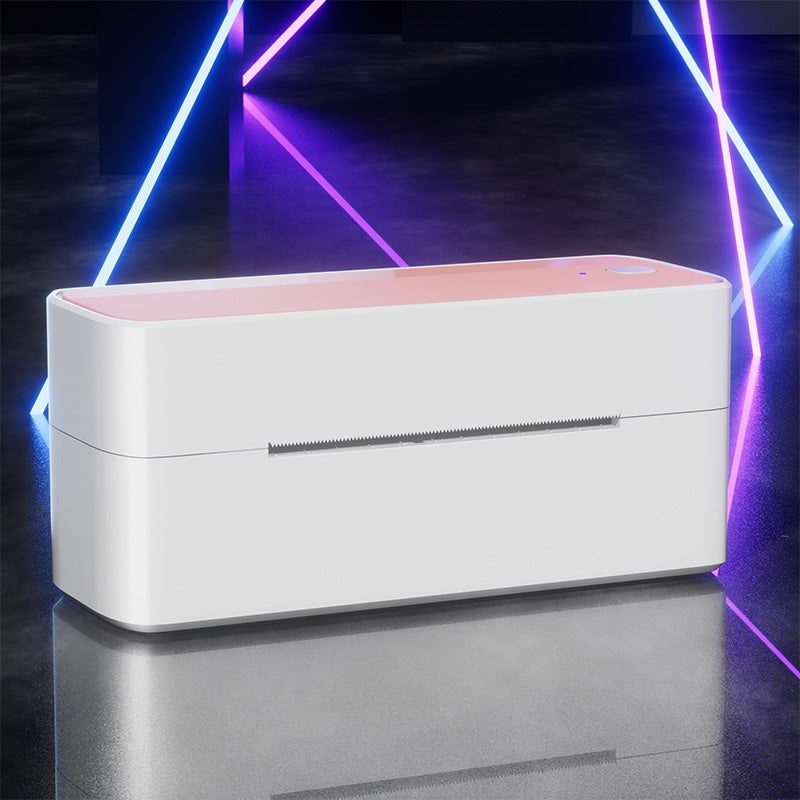 Phomemo PM241-BT Bluetooth Shipping Label Printer
Phomemo PM241-BT Bluetooth Shipping Label Printer
 Phomemo M832 Upgrade Thermal Portable Printer
Phomemo M832 Upgrade Thermal Portable Printer
 Phomemo T02 Inkless Mini Printer
Phomemo T02 Inkless Mini Printer
 Phomemo M220 Bluetooth Portable Thermal Business Label Maker
Phomemo M220 Bluetooth Portable Thermal Business Label Maker
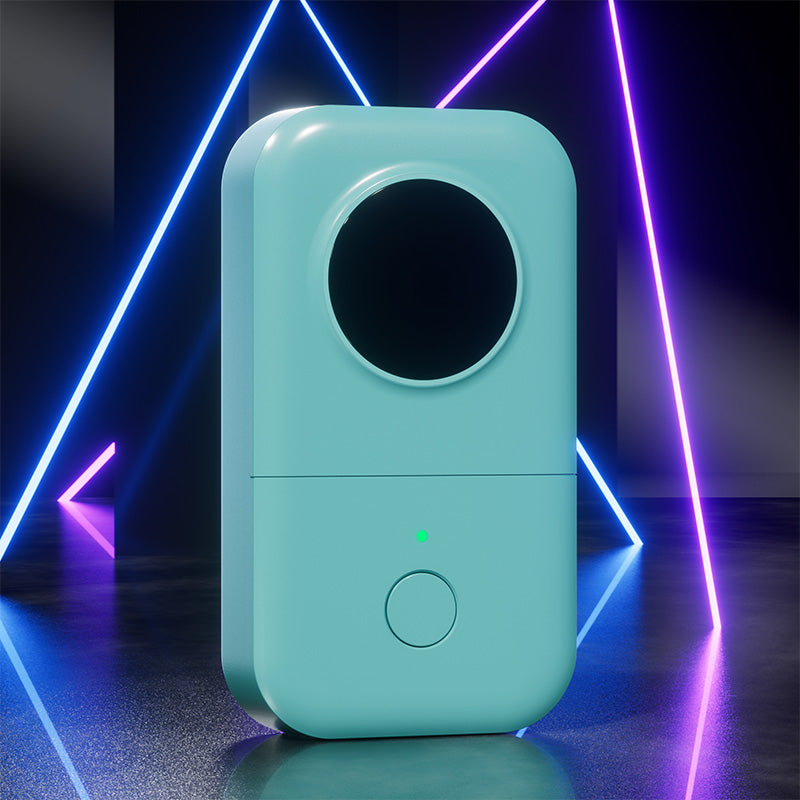 Phomemo D30 Portable Bluetooth Home Label Maker
Phomemo D30 Portable Bluetooth Home Label Maker
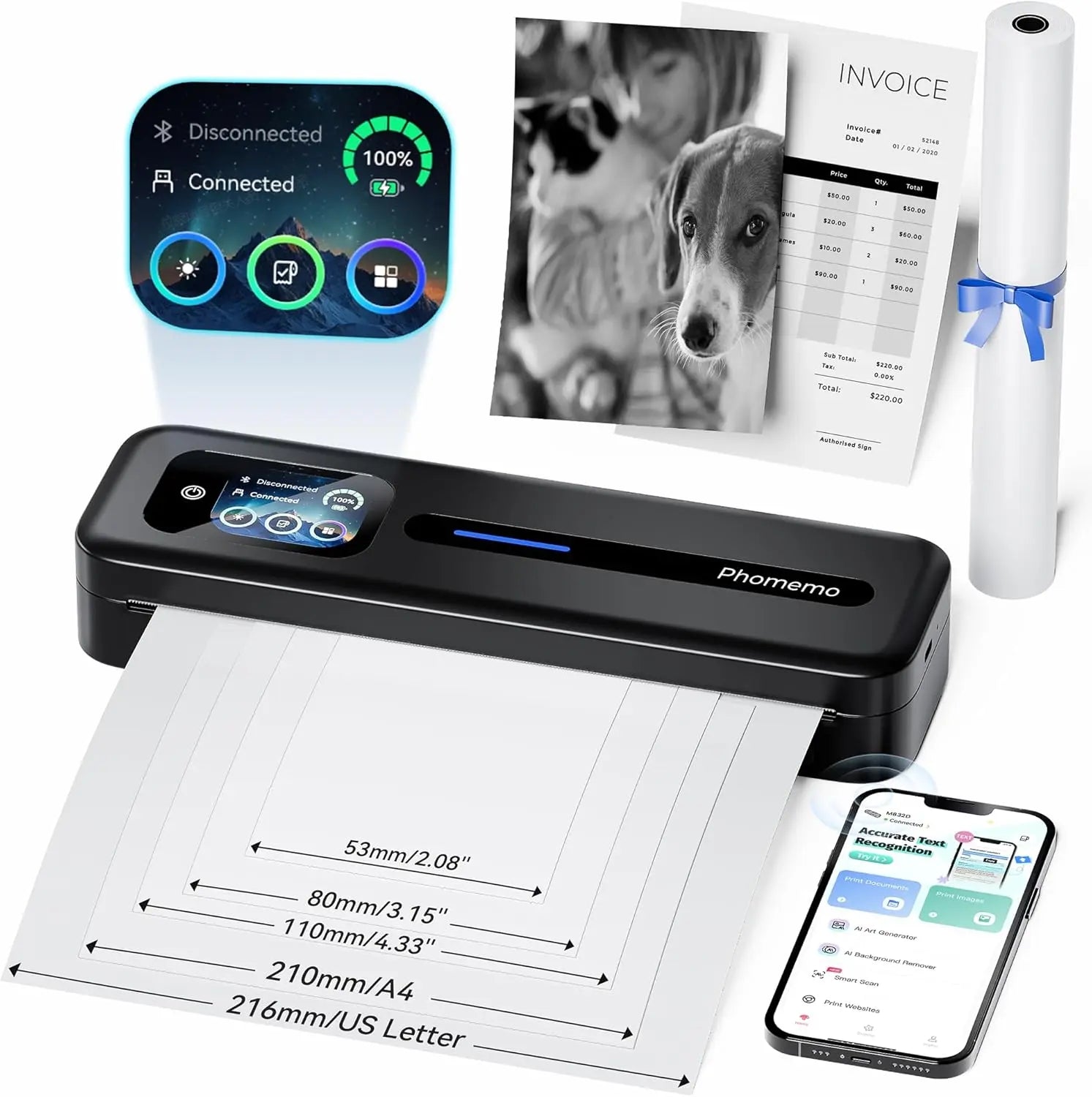 Phomemo Thermal Portable Printer M832D Upgraded Direct Touchscreen
Phomemo Thermal Portable Printer M832D Upgraded Direct Touchscreen
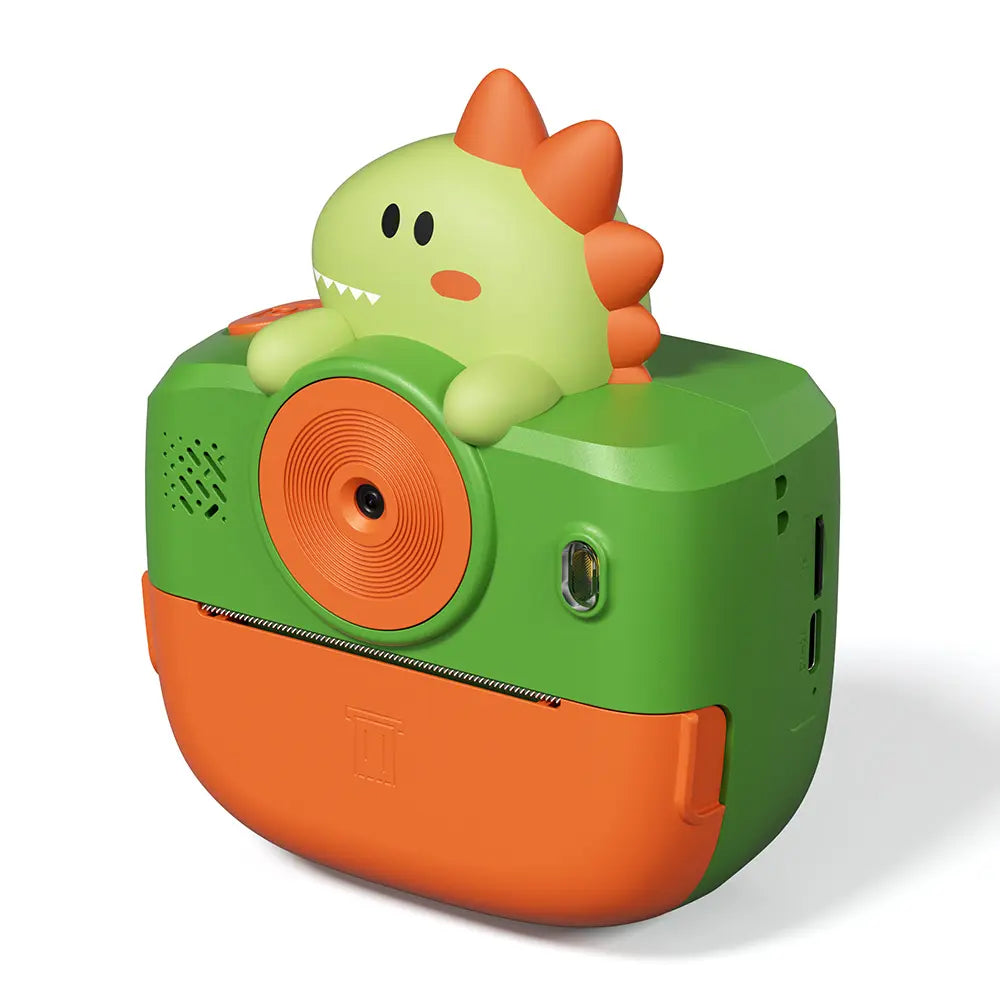 Phomemo Instant Camera K22 Dual-Lens Camera for Kids
Phomemo Instant Camera K22 Dual-Lens Camera for Kids
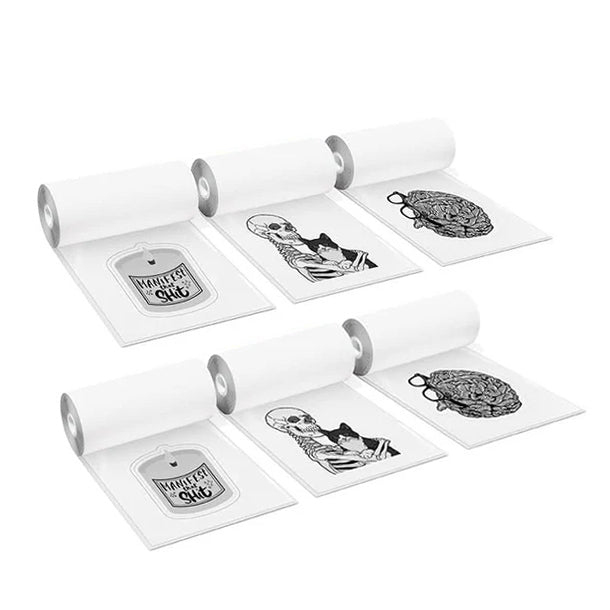 For K22
For K22
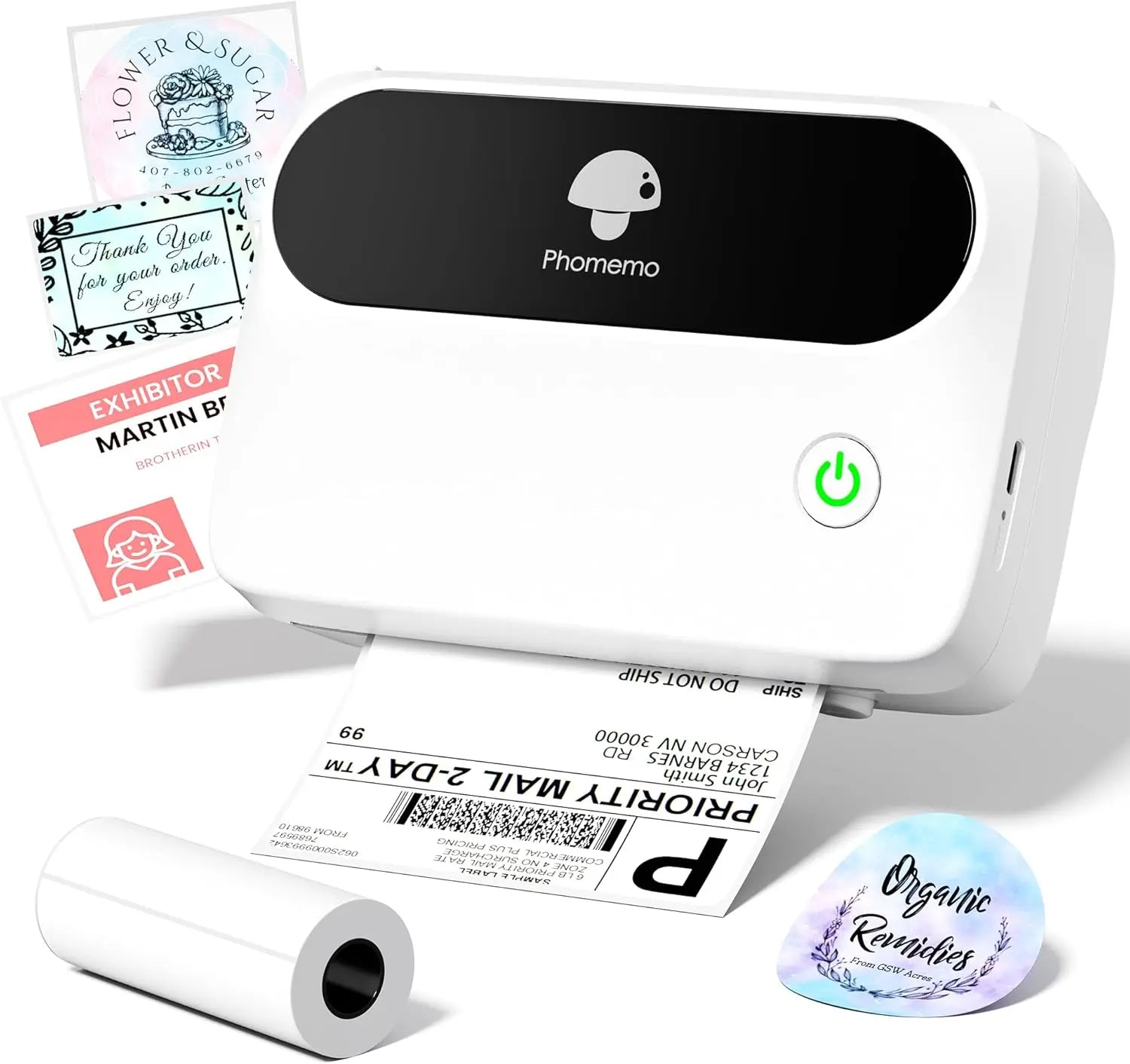 Phomemo Thermal Label Maker M421 Bluetooth Portable Business
Phomemo Thermal Label Maker M421 Bluetooth Portable Business
 Phomemo Instant Camera P02 Kids Camera Bluetooth Instant Print
Phomemo Instant Camera P02 Kids Camera Bluetooth Instant Print
 Phomemo D30 Gray Bluetooth Label Maker & 5 rolls of labels (Option: Storage Bag)
Phomemo D30 Gray Bluetooth Label Maker & 5 rolls of labels (Option: Storage Bag)
 Phomemo M02 PRO Mini Printer Gift Set
Phomemo M02 PRO Mini Printer Gift Set
 Phomemo T02 Inkless Mini Printer Gift Set
Phomemo T02 Inkless Mini Printer Gift Set
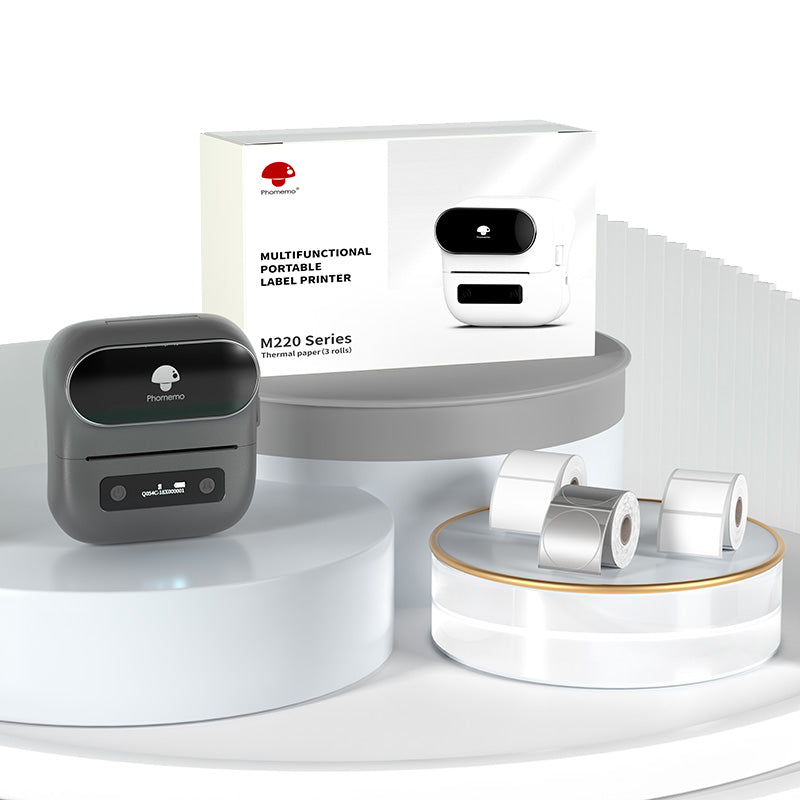 Phomemo M220 Bluetooth Label Printer Gift Set
Phomemo M220 Bluetooth Label Printer Gift Set
 Phomemo M02 Mini Printer Gift Set
Phomemo M02 Mini Printer Gift Set
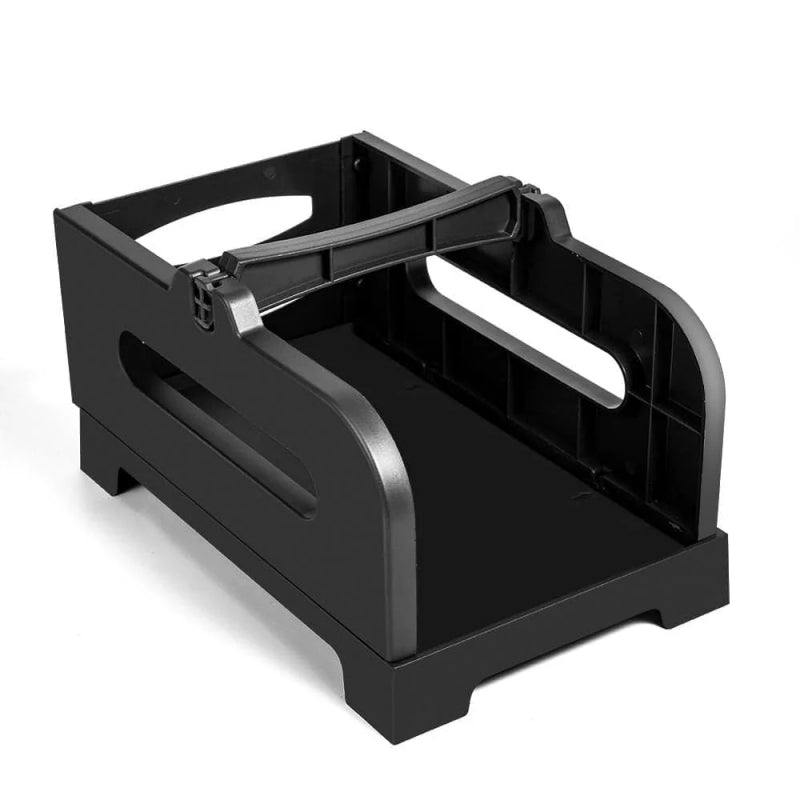 Accessories
Accessories
 Storage Bag
Storage Bag
 Storage Box
Storage Box
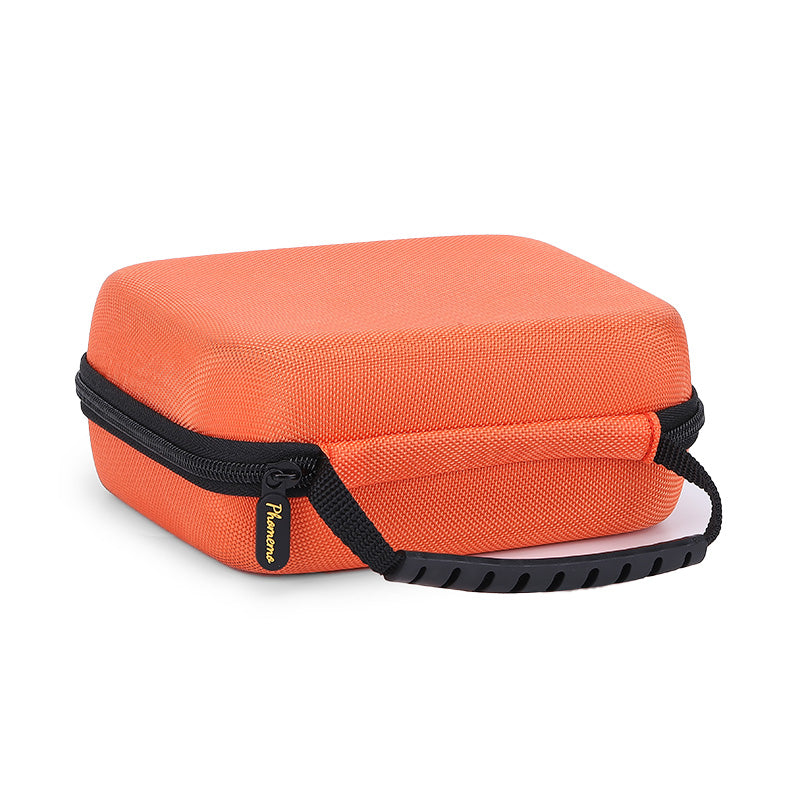 Phomemo Large Hard Shell Machine Storage Bag
Phomemo Large Hard Shell Machine Storage Bag
 Phomemo Paper Holder for T02/M02/M02S/M02PRO/M03AS/M04AS/M04S
Phomemo Paper Holder for T02/M02/M02S/M02PRO/M03AS/M04AS/M04S
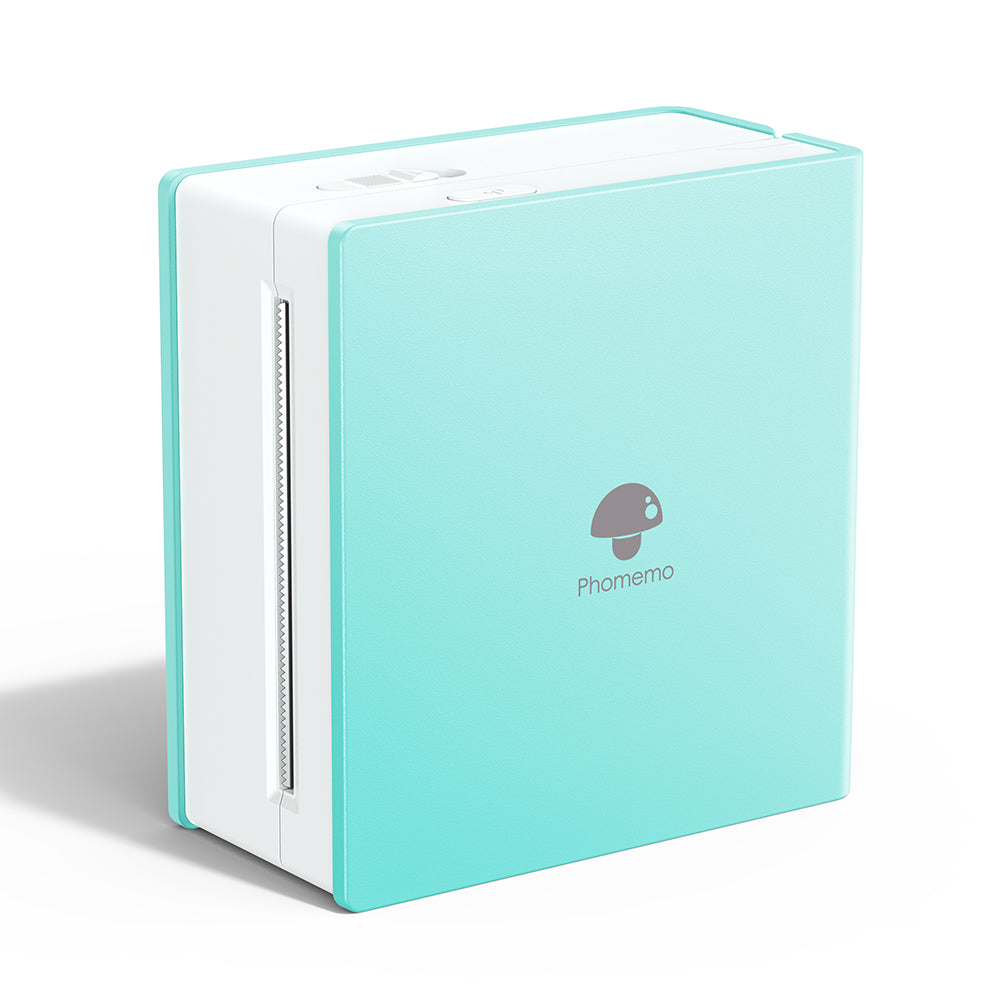 Phomemo M02 Inkless Mini Printer
Phomemo M02 Inkless Mini Printer
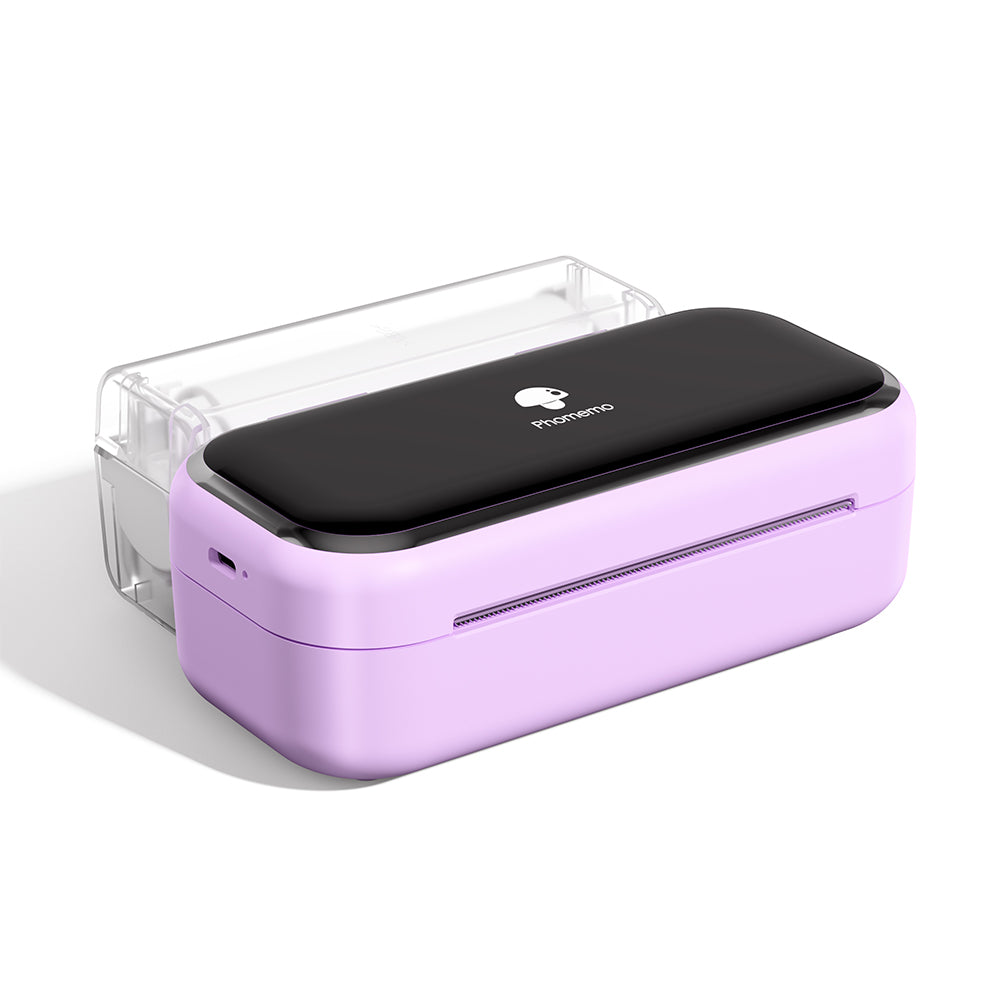 Phomemo M03 Bluetooth Mini Printer
Phomemo M03 Bluetooth Mini Printer
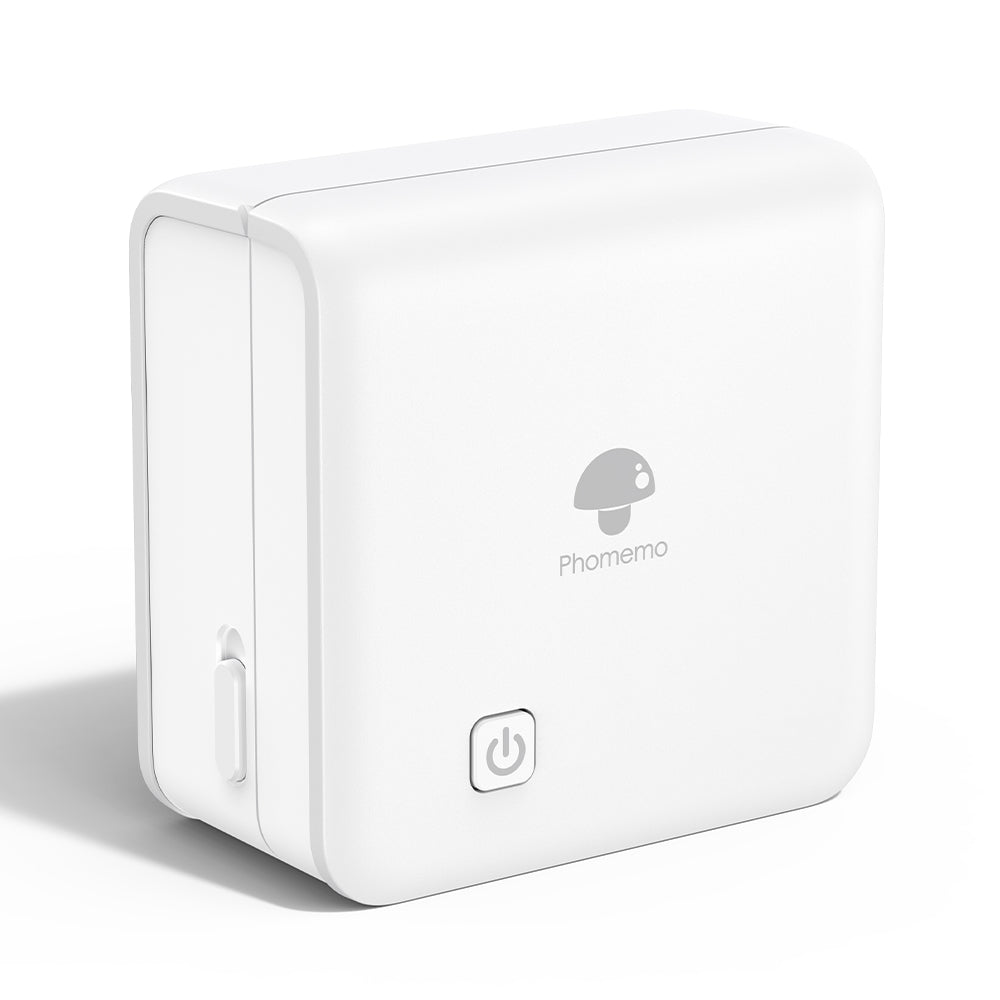 Phomemo M02 PRO Bluetooth Mini Printer
Phomemo M02 PRO Bluetooth Mini Printer
 Phomemo M04AS Mini Thermal Printer
Phomemo M04AS Mini Thermal Printer
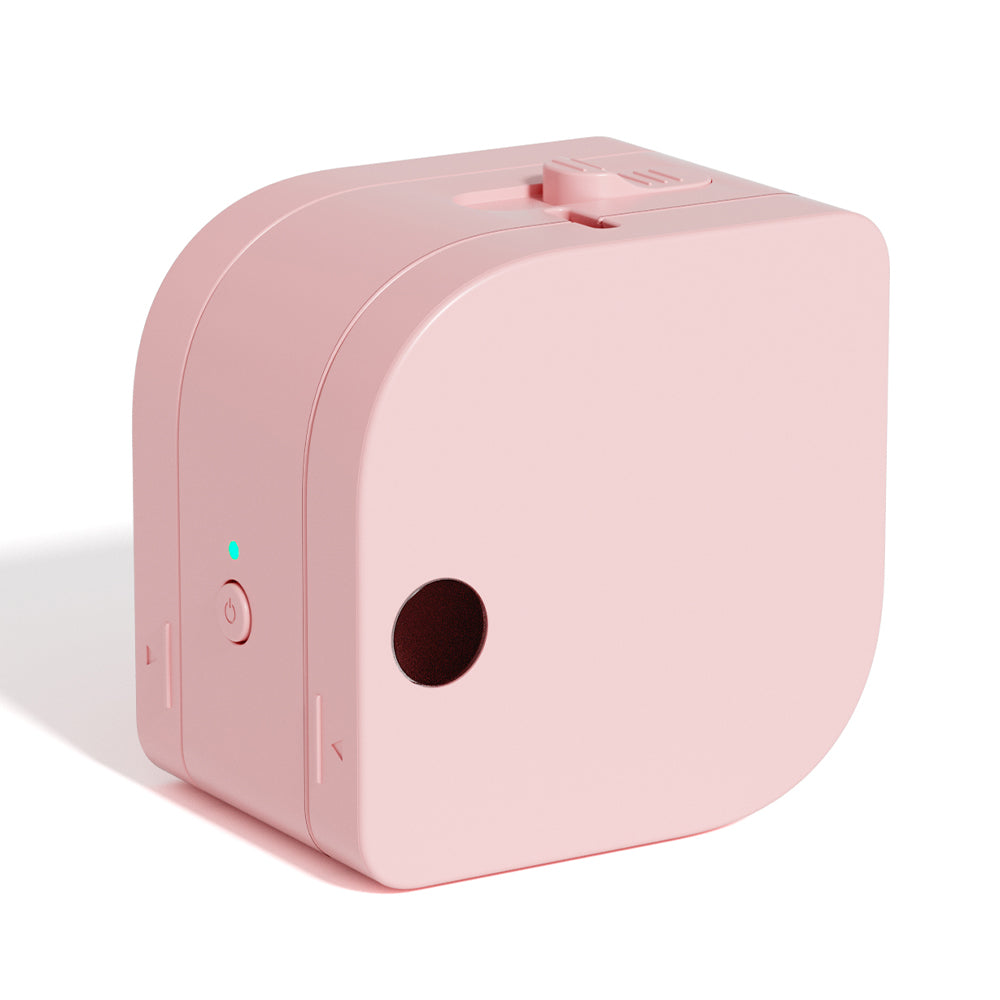 Phomemo P12 Portable Bluetooth Home Label Maker
Phomemo P12 Portable Bluetooth Home Label Maker
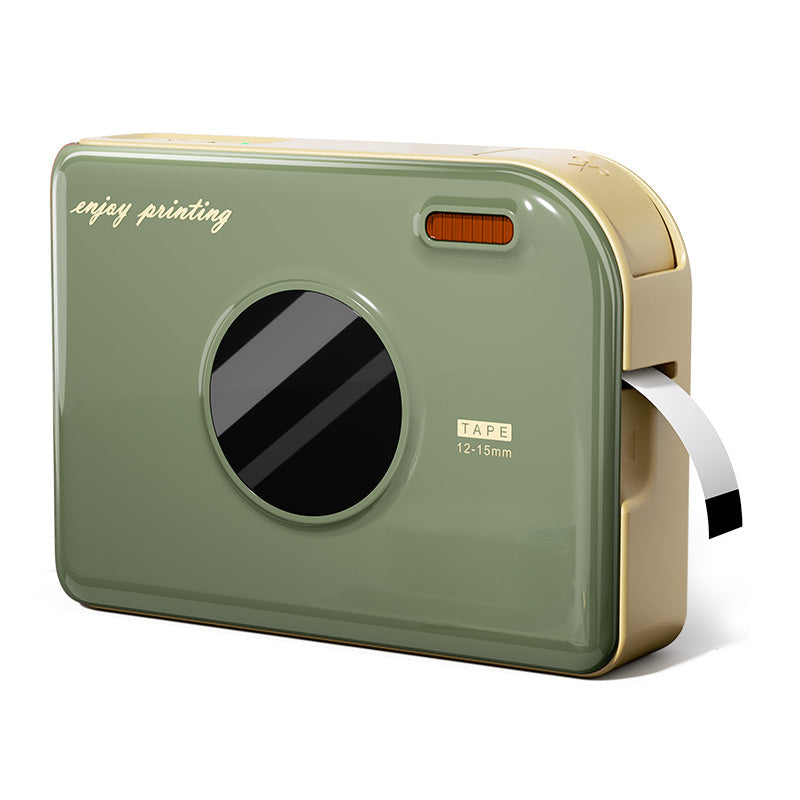 Phomemo A30 Portable Home Label Maker
Phomemo A30 Portable Home Label Maker
 Phomemo P15 Vintage Home Label Maker
Phomemo P15 Vintage Home Label Maker
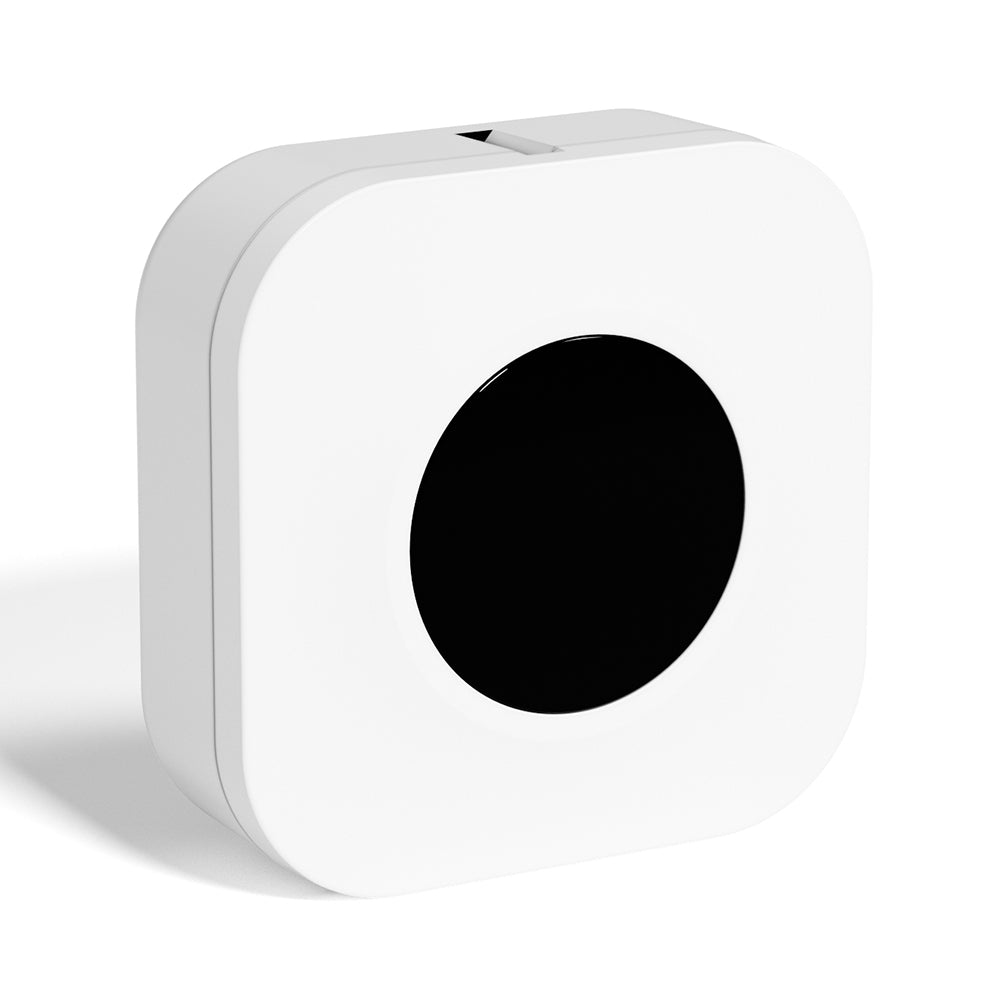 Phomemo Q30S Mini Home Label Maker
Phomemo Q30S Mini Home Label Maker
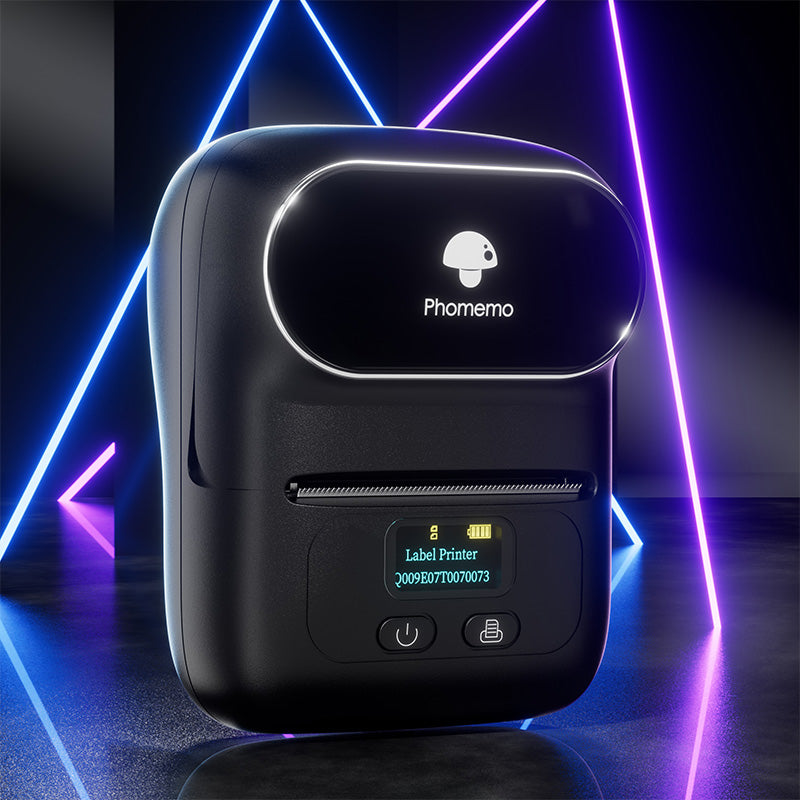 Phomemo M110 Bluetooth Portable Thermal Business Label Maker
Phomemo M110 Bluetooth Portable Thermal Business Label Maker
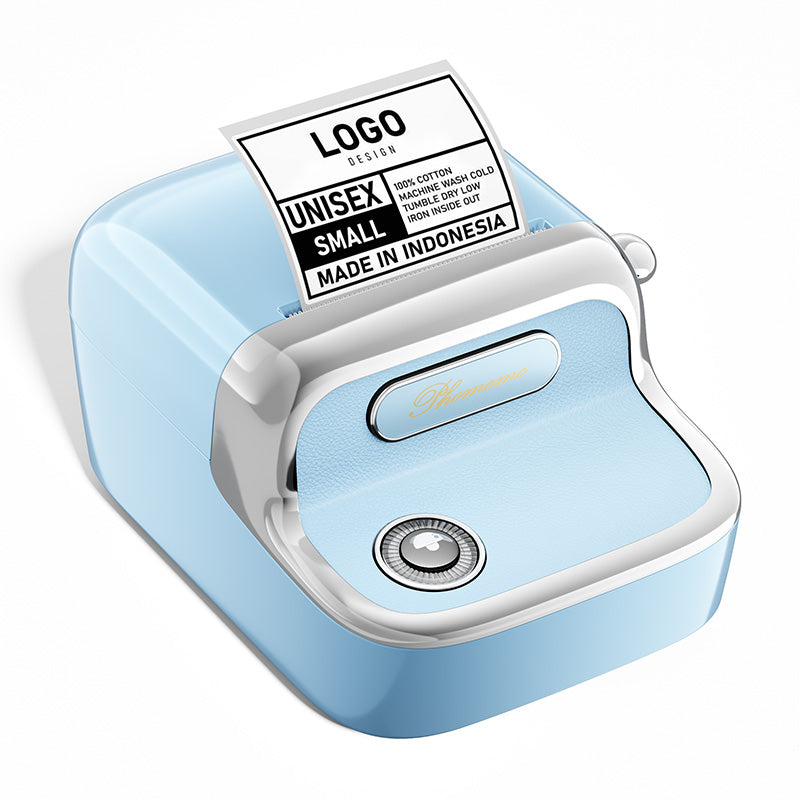 Phomemo M150 Bluetooth Portable Thermal Business Label Maker
Phomemo M150 Bluetooth Portable Thermal Business Label Maker
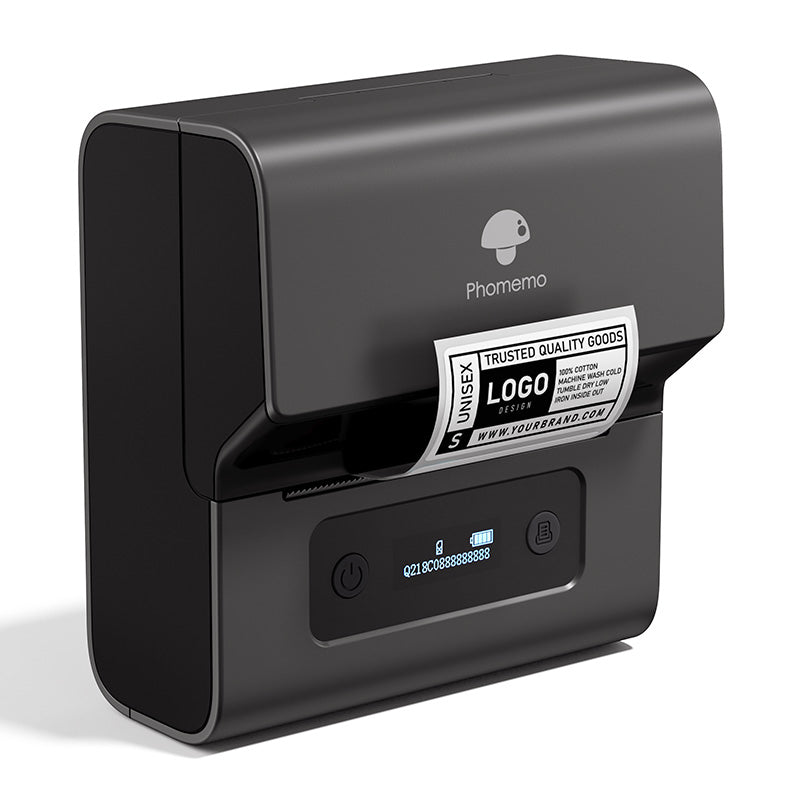 Phomemo M221 Bluetooth Portable Thermal Business Label Maker
Phomemo M221 Bluetooth Portable Thermal Business Label Maker
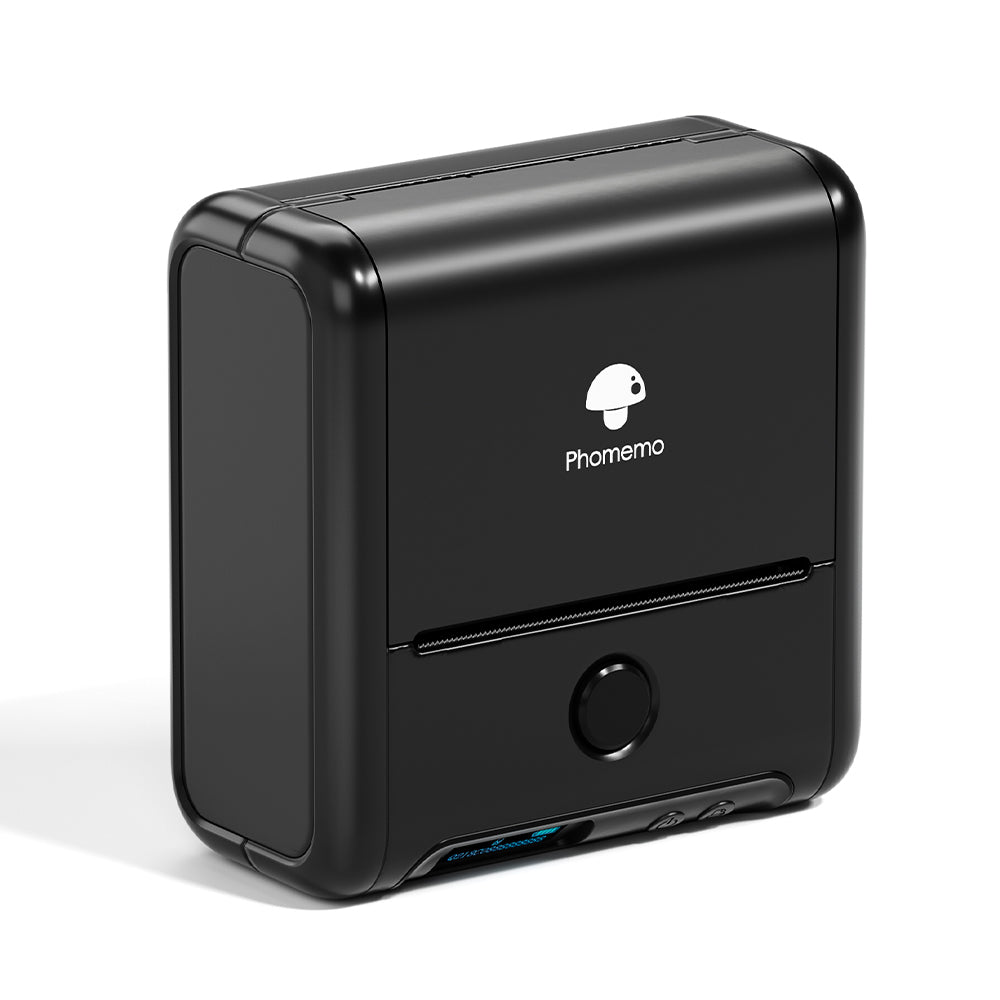 Phomemo M200 Bluetooth Portable Thermal Business Label Maker
Phomemo M200 Bluetooth Portable Thermal Business Label Maker
 Phomemo PM249-BTZ Bluetooth Direct Connect Shipping Label Printer
Phomemo PM249-BTZ Bluetooth Direct Connect Shipping Label Printer
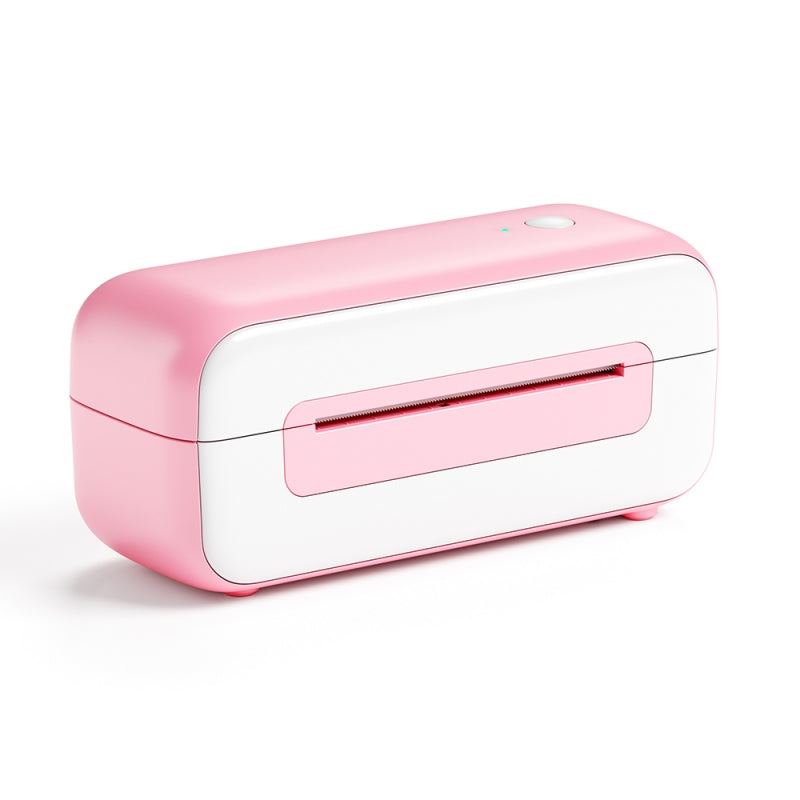 Phomemo PM-246S High-Speed USB Direct Thermal Shipping Label Printer
Phomemo PM-246S High-Speed USB Direct Thermal Shipping Label Printer
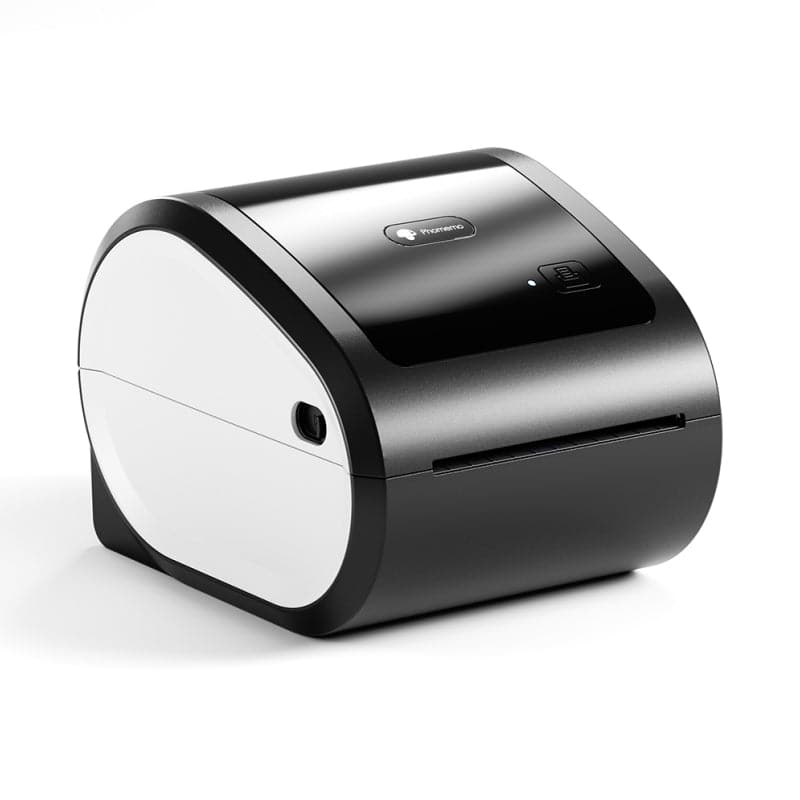 Phomemo D520-BT Bluetooth Shipping Label Printer
Phomemo D520-BT Bluetooth Shipping Label Printer
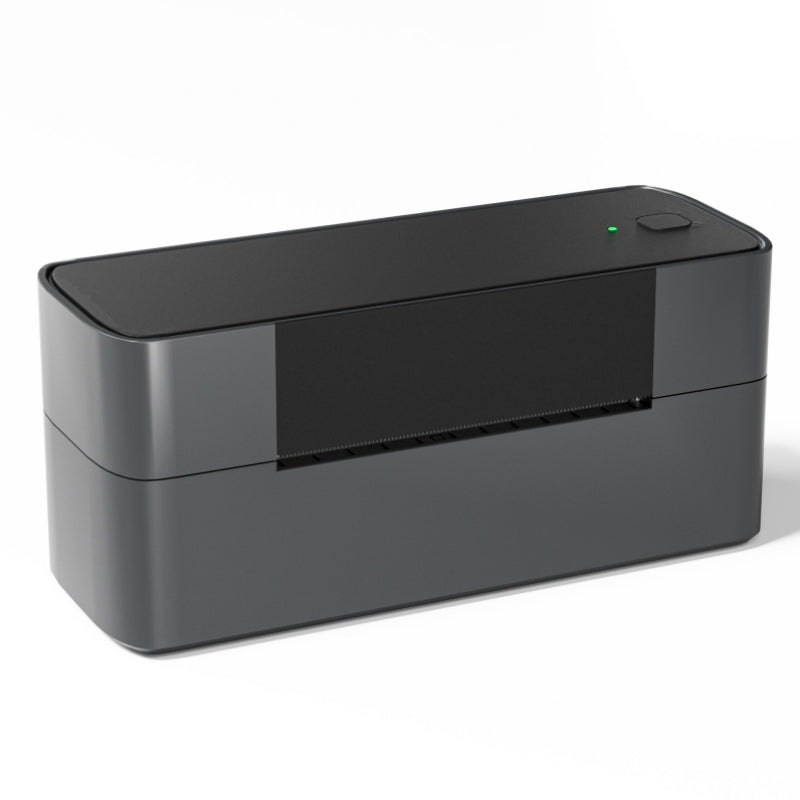 Phomemo PM245-BTZ Bluetooth Direct Connect Shipping Label Printer
Phomemo PM245-BTZ Bluetooth Direct Connect Shipping Label Printer
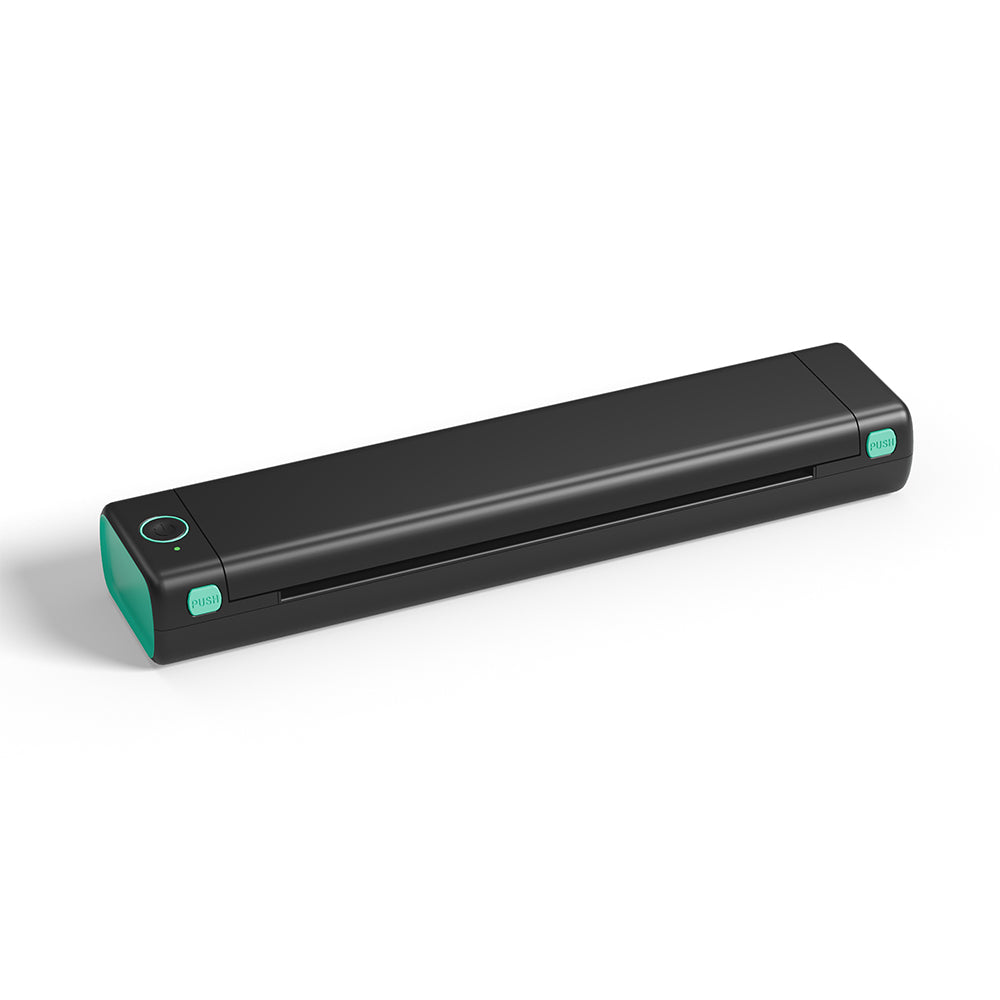 Phomemo M08F Letter & A4 Portable Printer
Phomemo M08F Letter & A4 Portable Printer
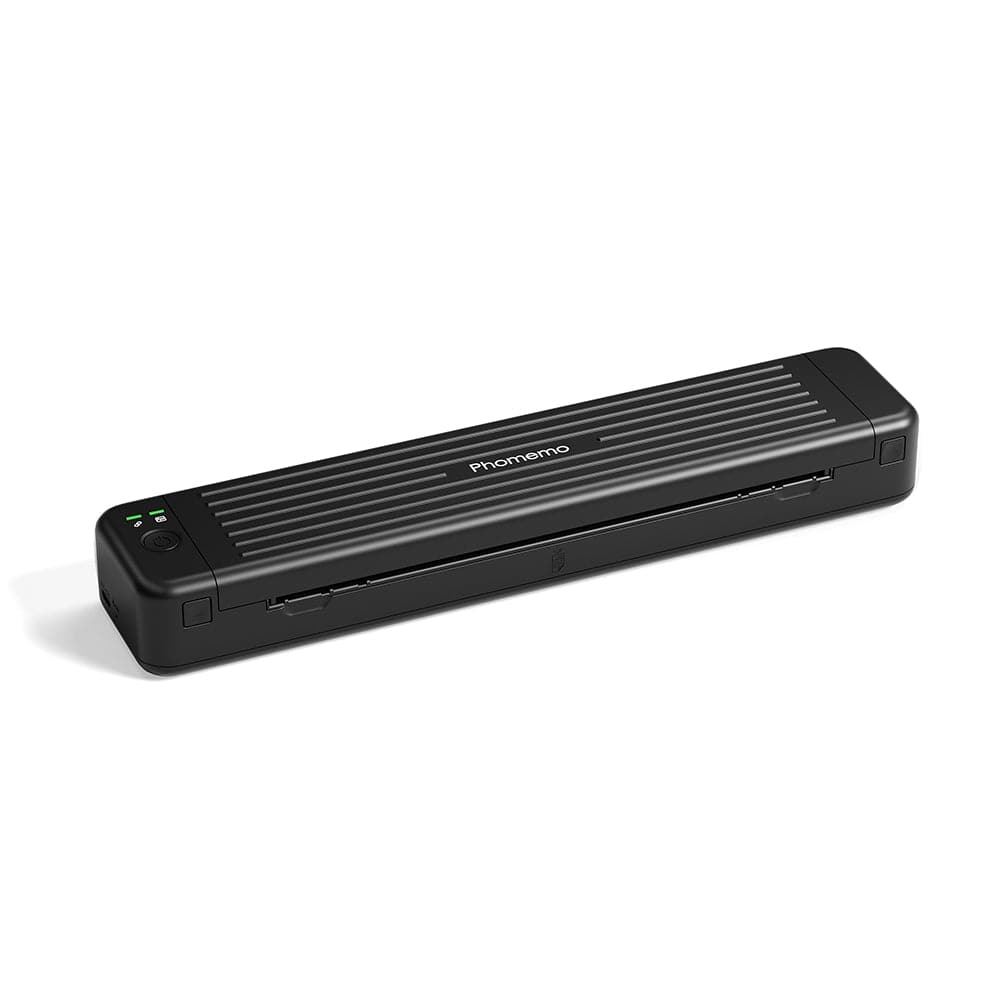 Phomemo P831 Bluetooth Portable Thermal Transfer Printer
Phomemo P831 Bluetooth Portable Thermal Transfer Printer
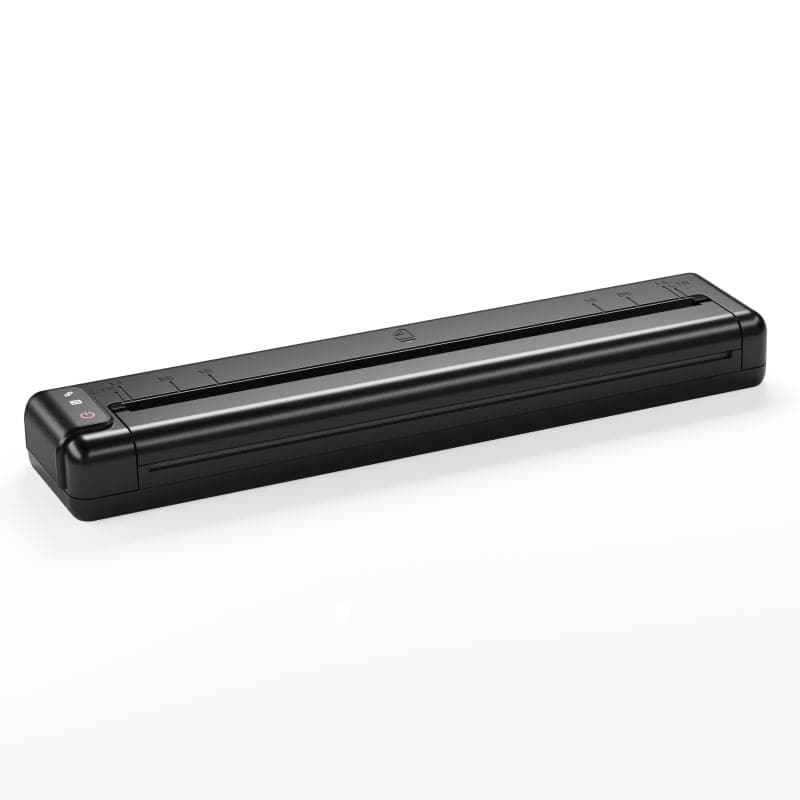 [Ultra-light] Phomemo Q302 Wireless Portable Thermal Printer
[Ultra-light] Phomemo Q302 Wireless Portable Thermal Printer
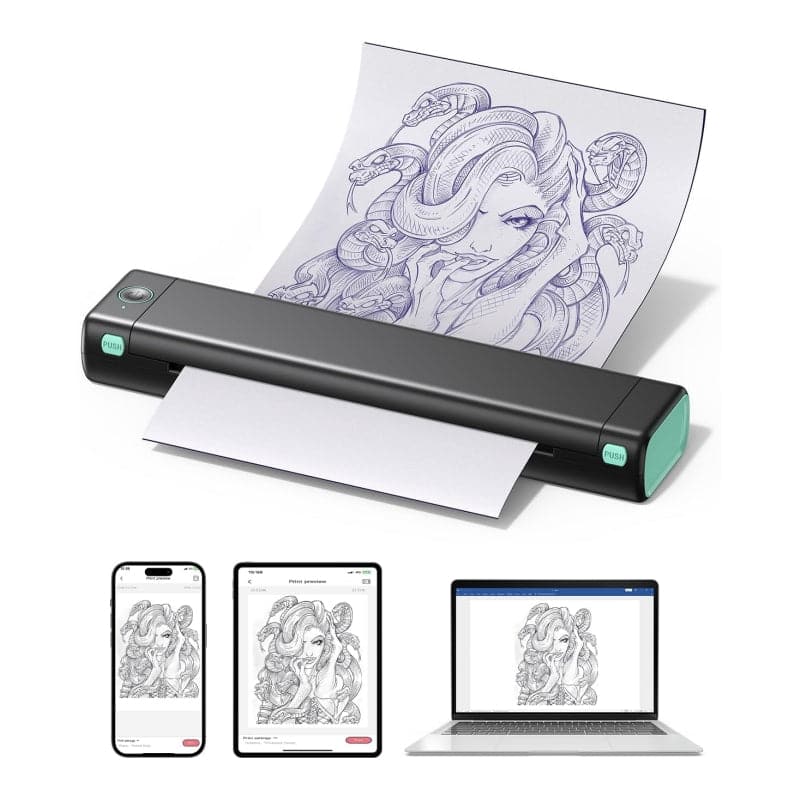 Phomemo M08F Wireless Tattoo Stencil Printer
Phomemo M08F Wireless Tattoo Stencil Printer
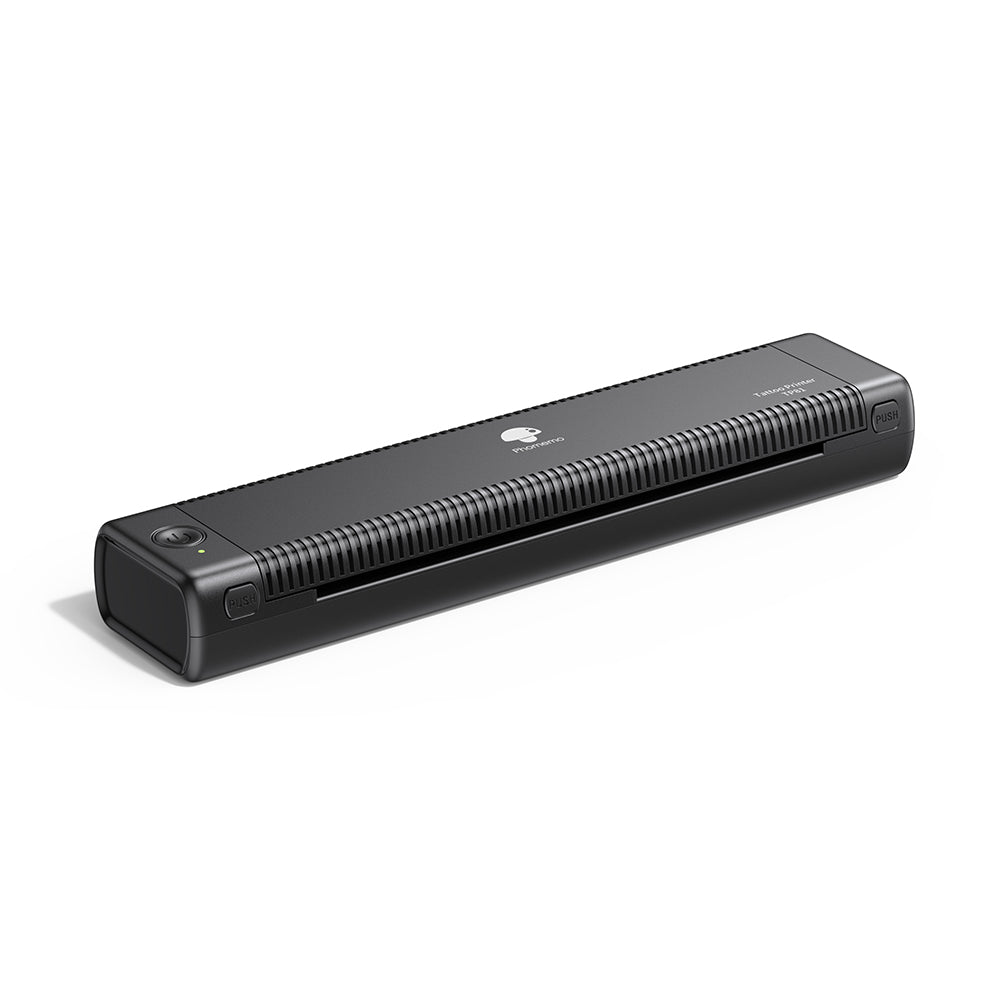 Phomemo TP81 Wireless Tattoo Template Printer
Phomemo TP81 Wireless Tattoo Template Printer
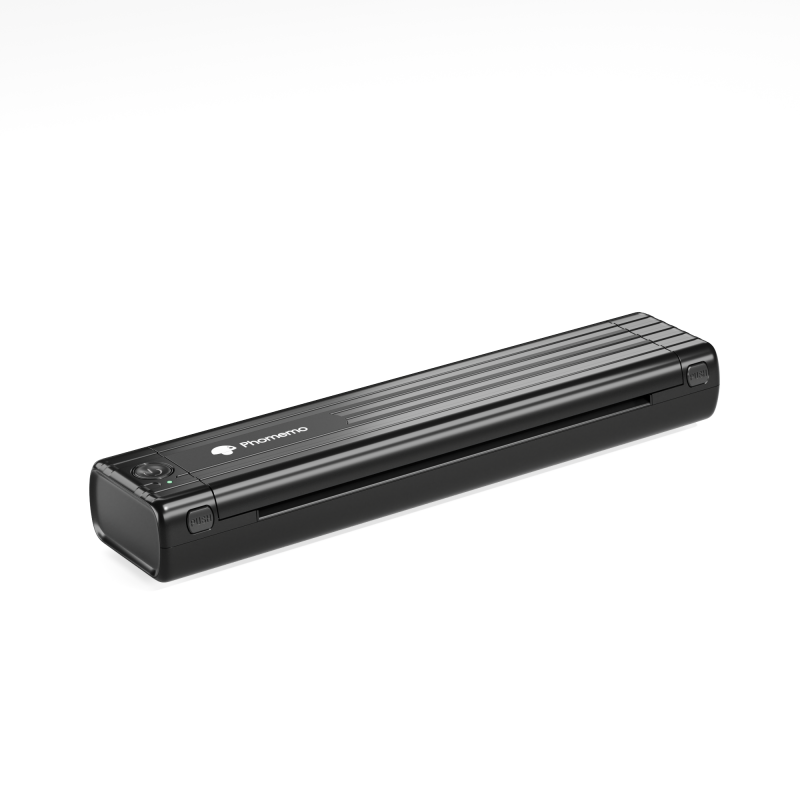 Phomemo TP83 Wireless Tattoo Stencil Printer
Phomemo TP83 Wireless Tattoo Stencil Printer
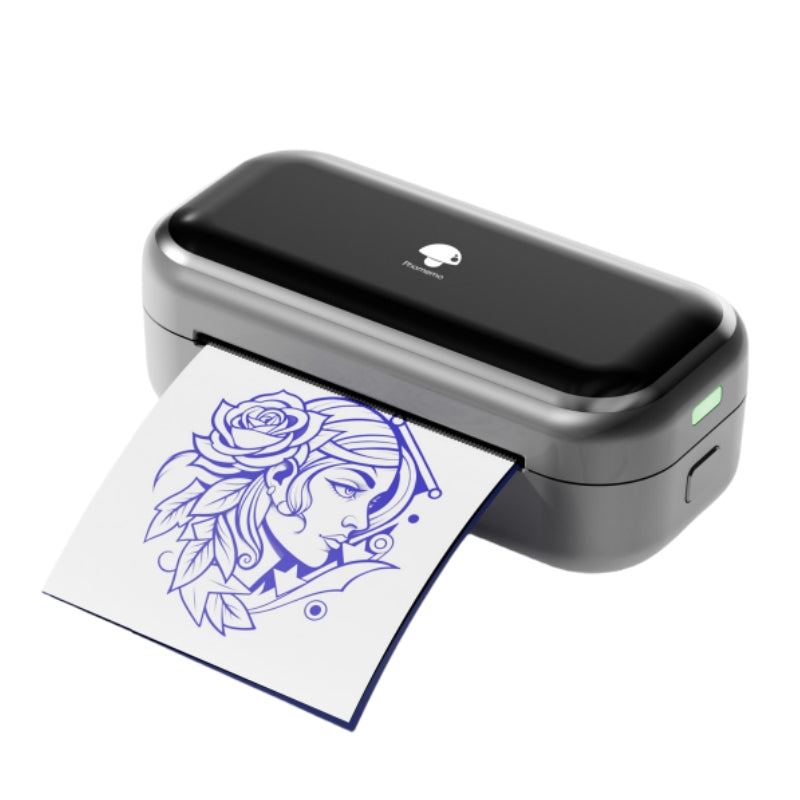 [❗️NEW❗️]Phomemo TP31 Bluetooth Tattoo Stencil Mini Printer
[❗️NEW❗️]Phomemo TP31 Bluetooth Tattoo Stencil Mini Printer
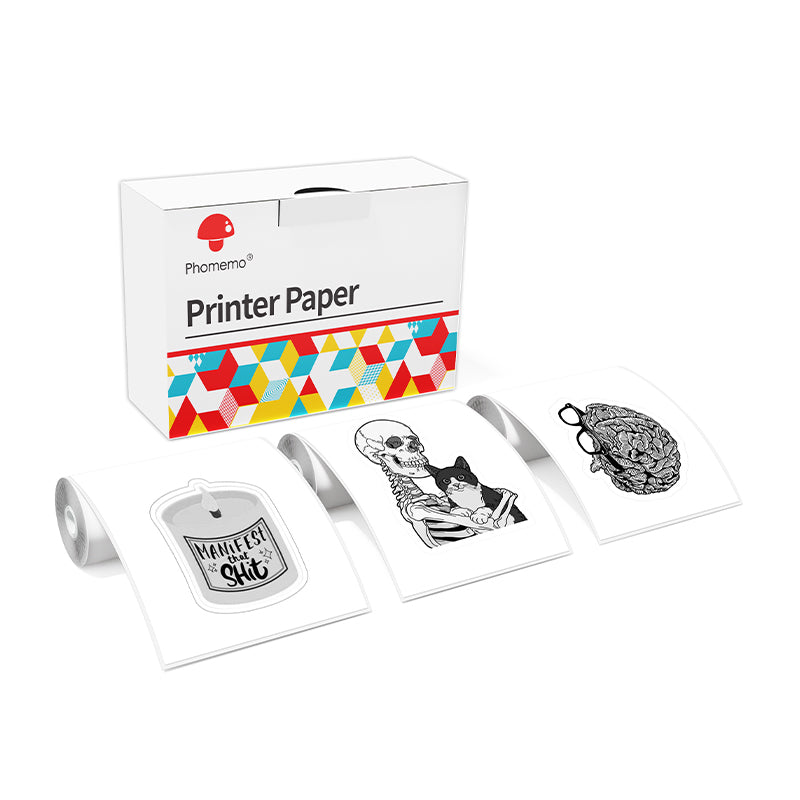 For T02/M02X
For T02/M02X
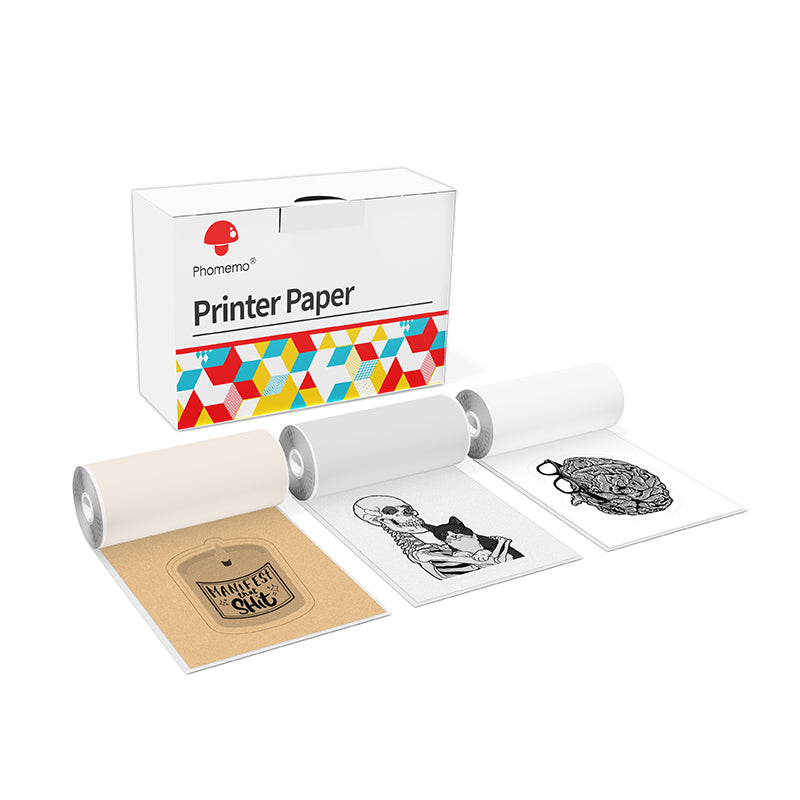 For M02
For M02
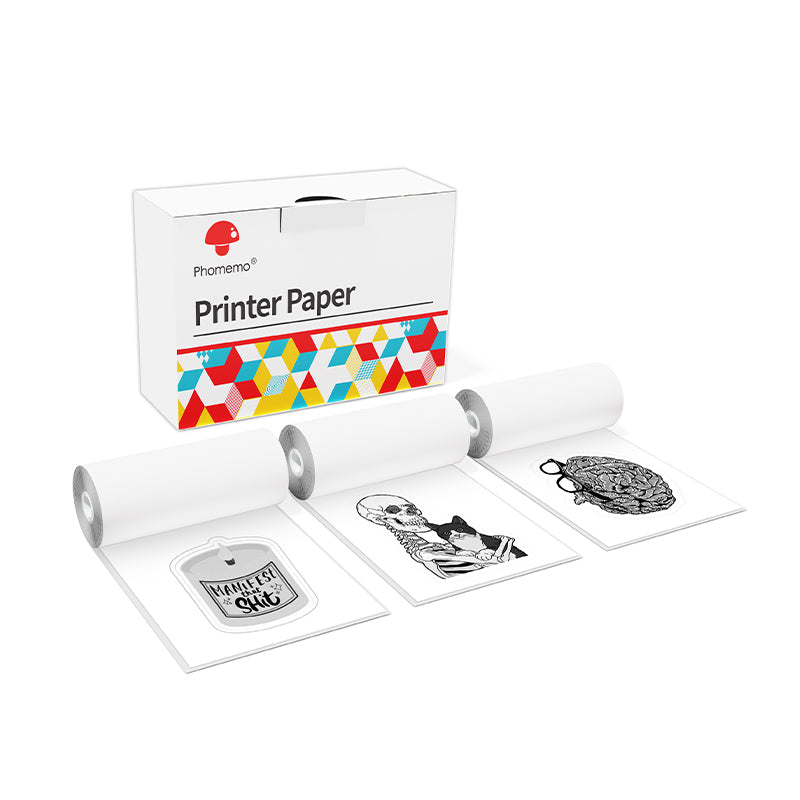 For M02S
For M02S
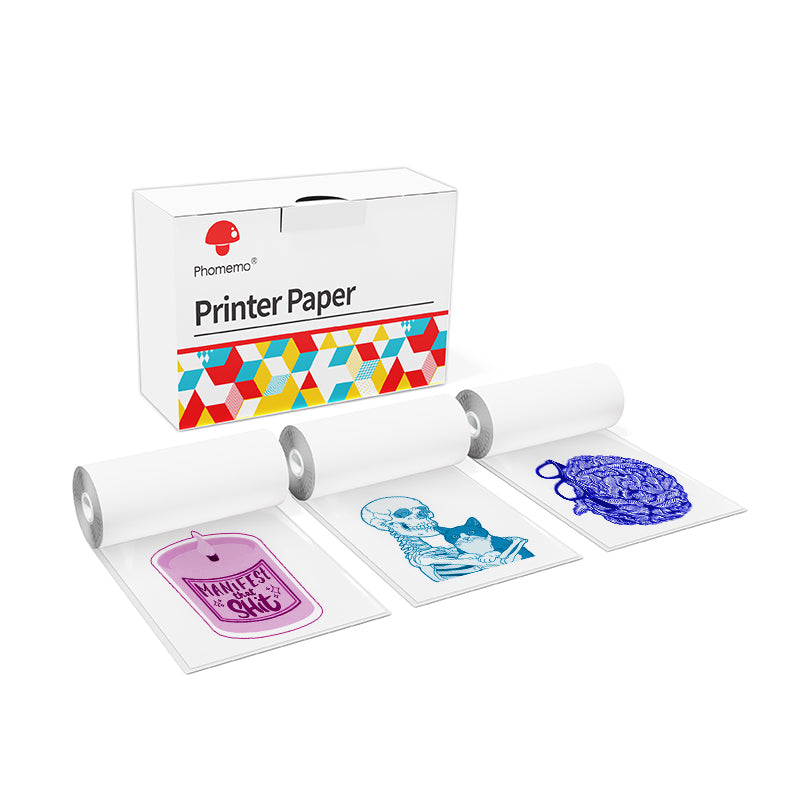 For M02 Pro
For M02 Pro
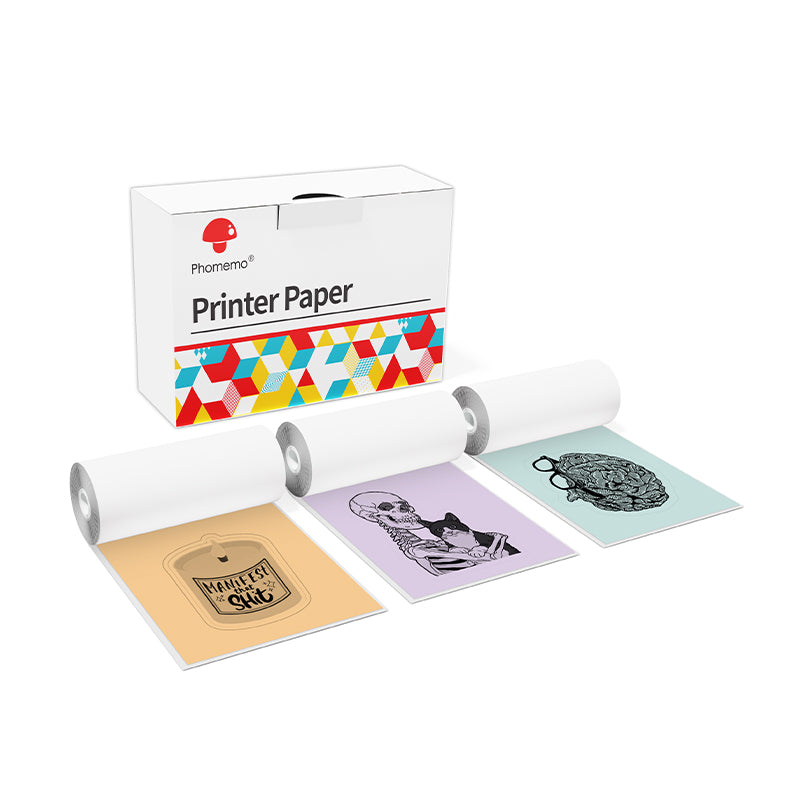 For M03
For M03
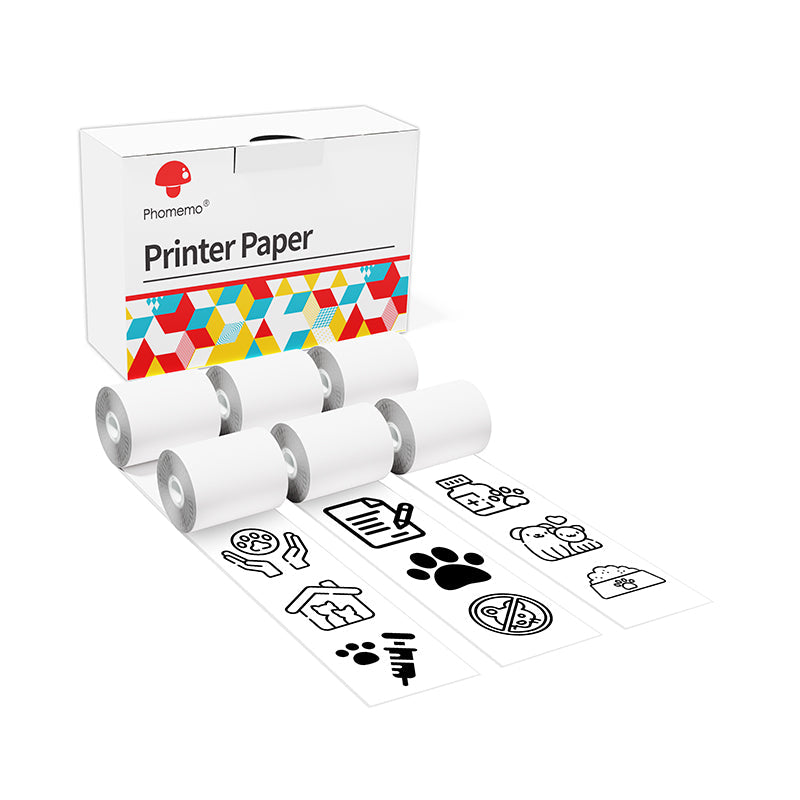 For M03AS
For M03AS
 For M04S
For M04S
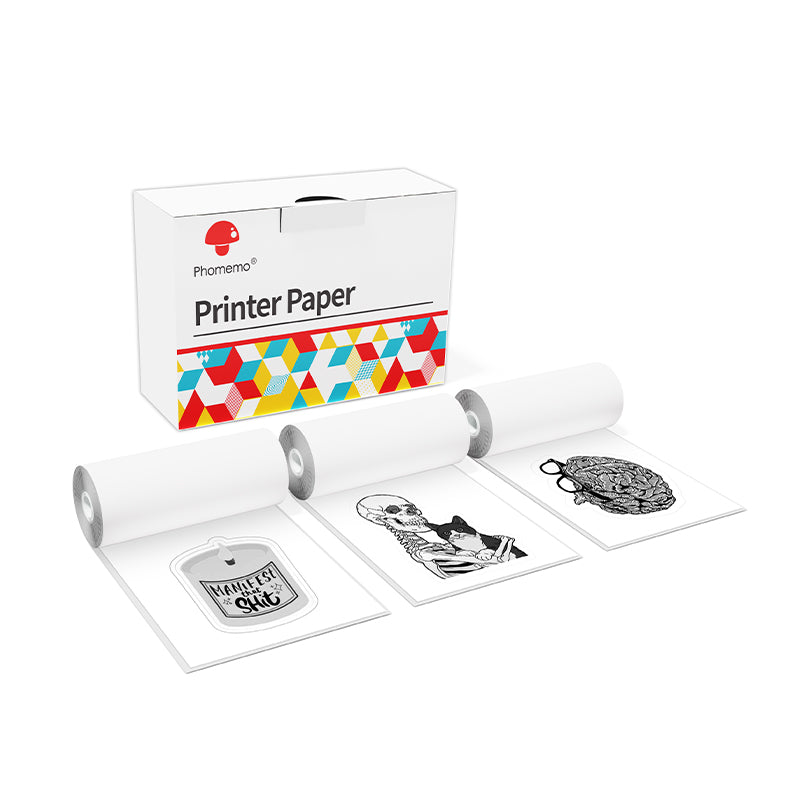 For M04AS
For M04AS
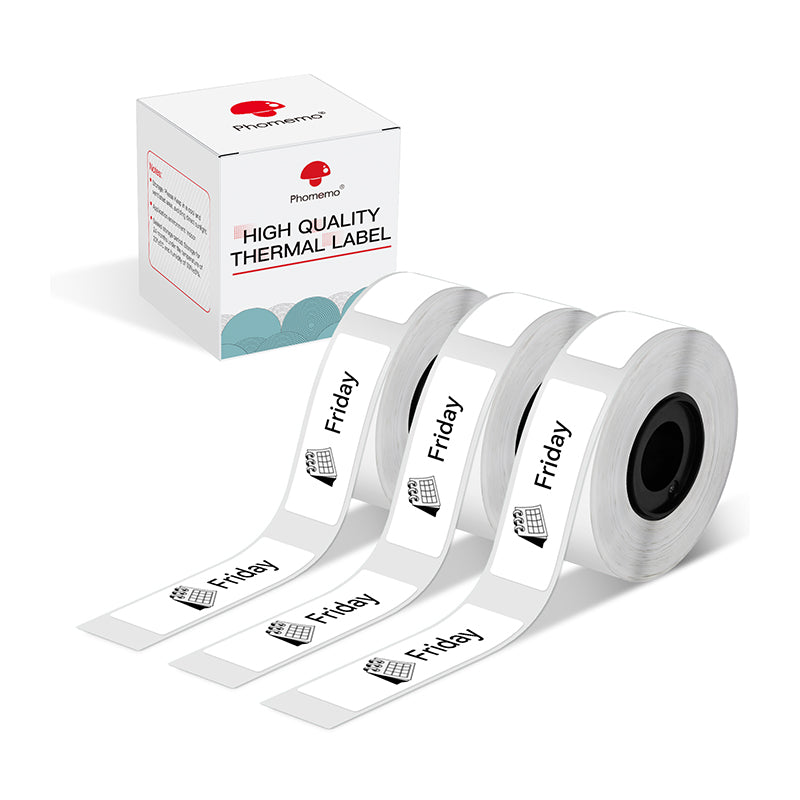 For D30/D35/Q30/Q30S
For D30/D35/Q30/Q30S
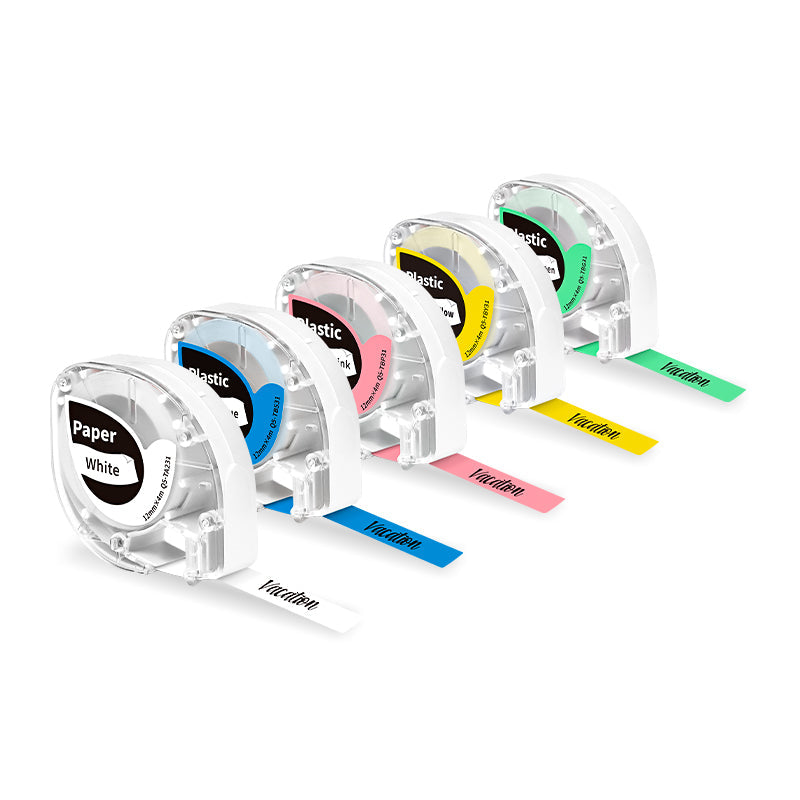 For P12/P12 PRO
For P12/P12 PRO
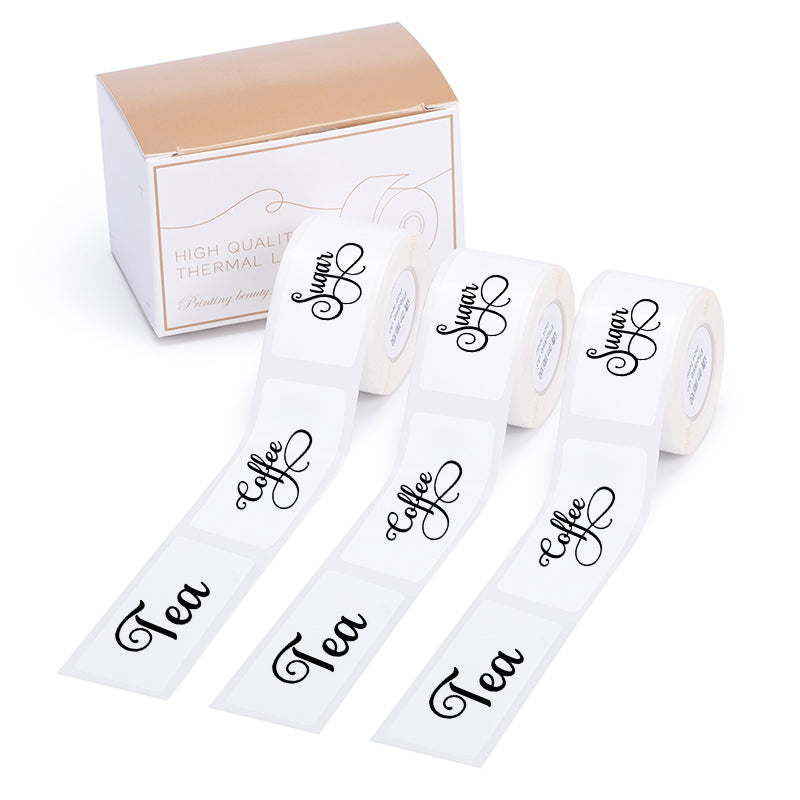 For D50
For D50
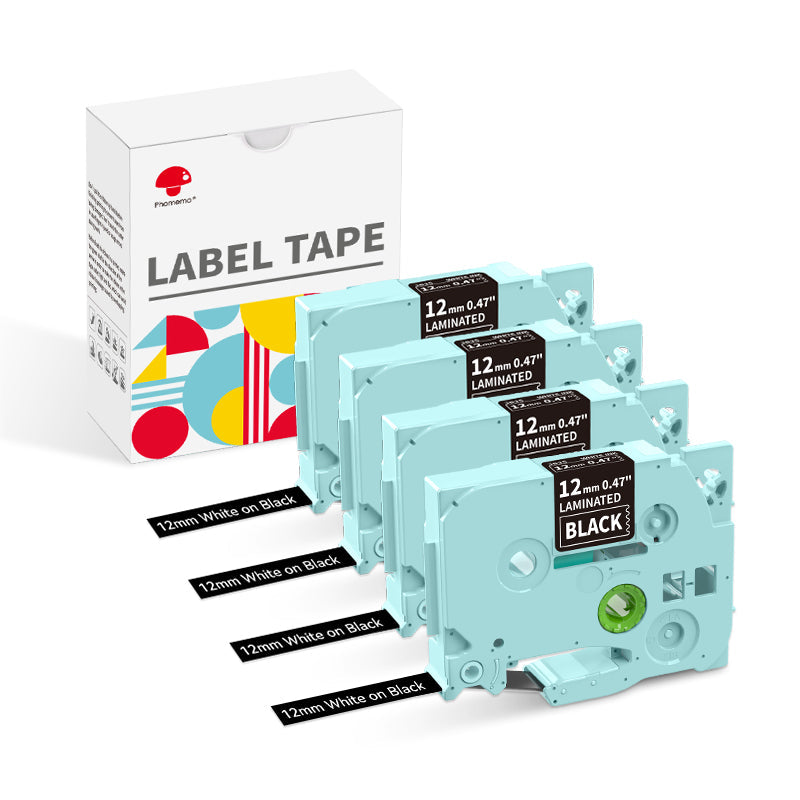 For P3200
For P3200
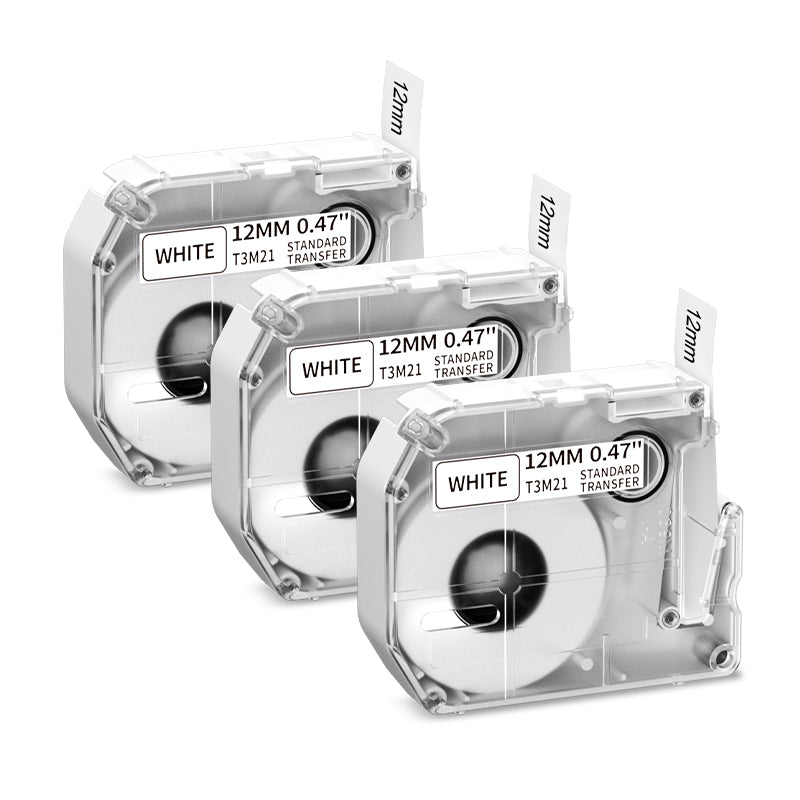 For M960/M950
For M960/M950
 For P15
For P15
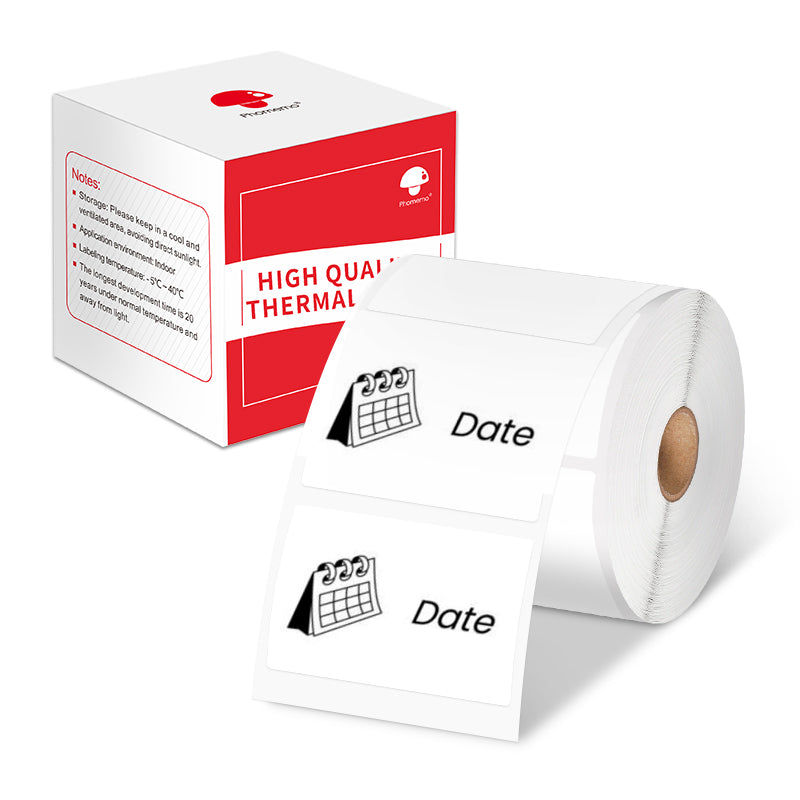 For M110/M120
For M110/M120
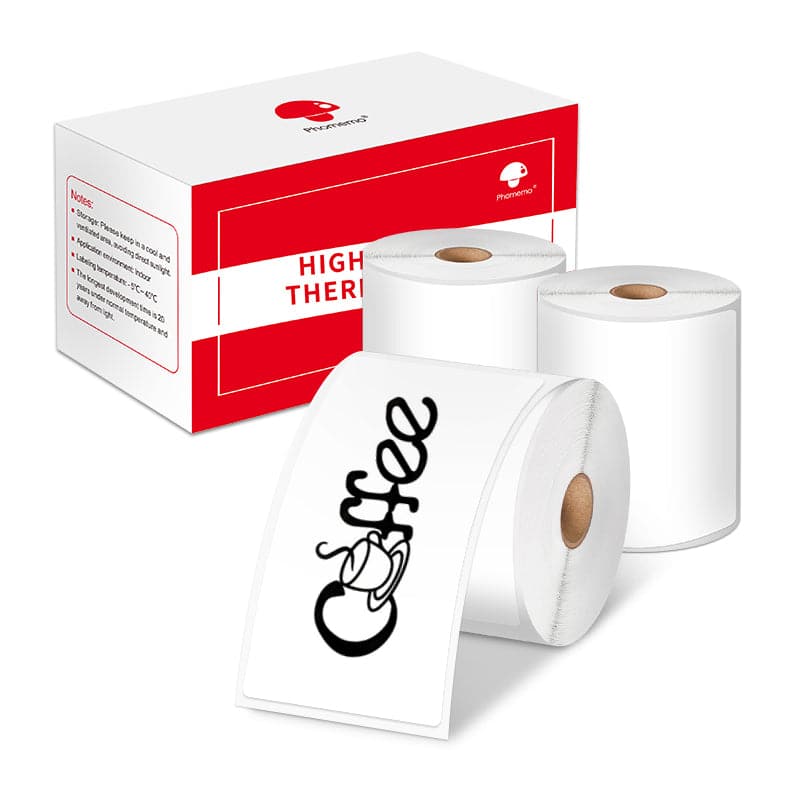 For M200/M220/M221
For M200/M220/M221
 Phomemo 4"x6" Fan-Fold Thermal Direct Labels for Shipping Label Printer
Phomemo 4"x6" Fan-Fold Thermal Direct Labels for Shipping Label Printer
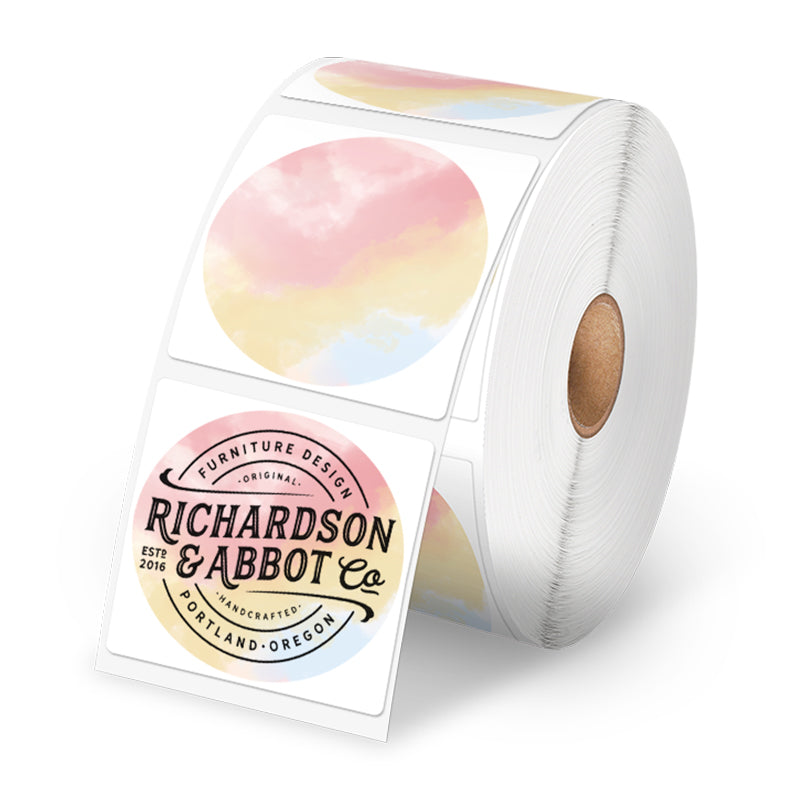 Phomemo Thermal Shipping Labels – Multiple Sizes & Types for Shipping Label Printer
Phomemo Thermal Shipping Labels – Multiple Sizes & Types for Shipping Label Printer
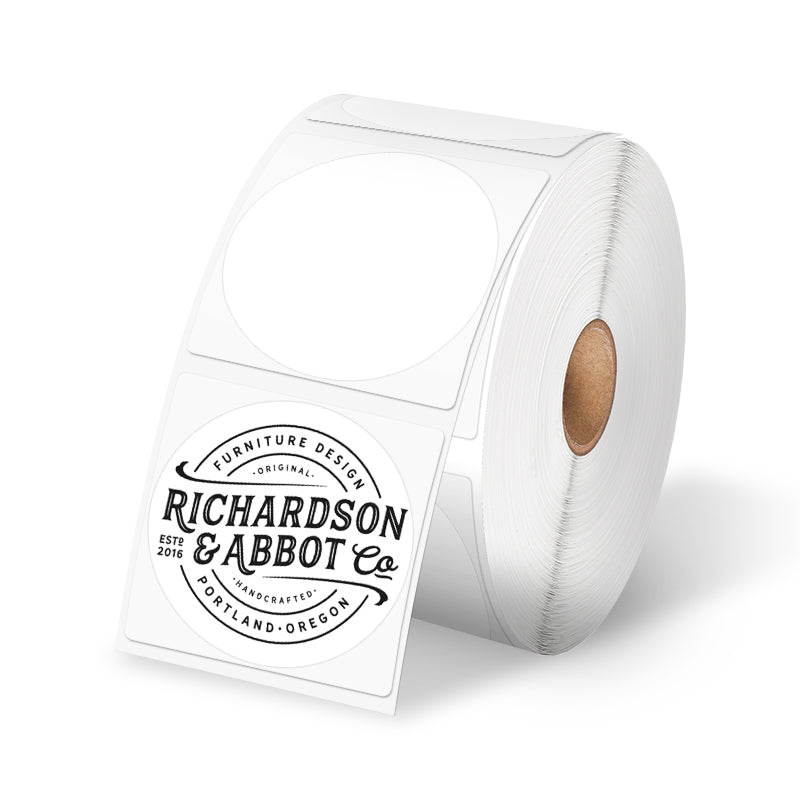 Phomemo 2" Multiple Thermal Round Label for Shipping Label Printer
Phomemo 2" Multiple Thermal Round Label for Shipping Label Printer
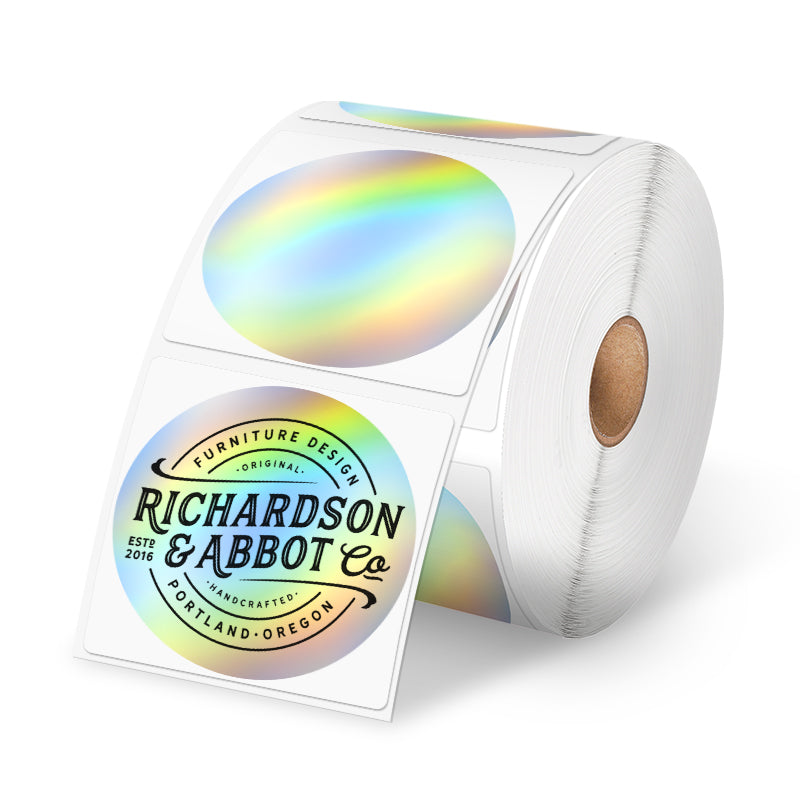 Phomemo 2" Silver Thermal Holographic Sticker for Shipping Label Printer
Phomemo 2" Silver Thermal Holographic Sticker for Shipping Label Printer
 Phomemo 3"x2"Shipping Label Stickers for Shipping Label Printer
Phomemo 3"x2"Shipping Label Stickers for Shipping Label Printer
 For M08F/Q302
For M08F/Q302
 For M832
For M832
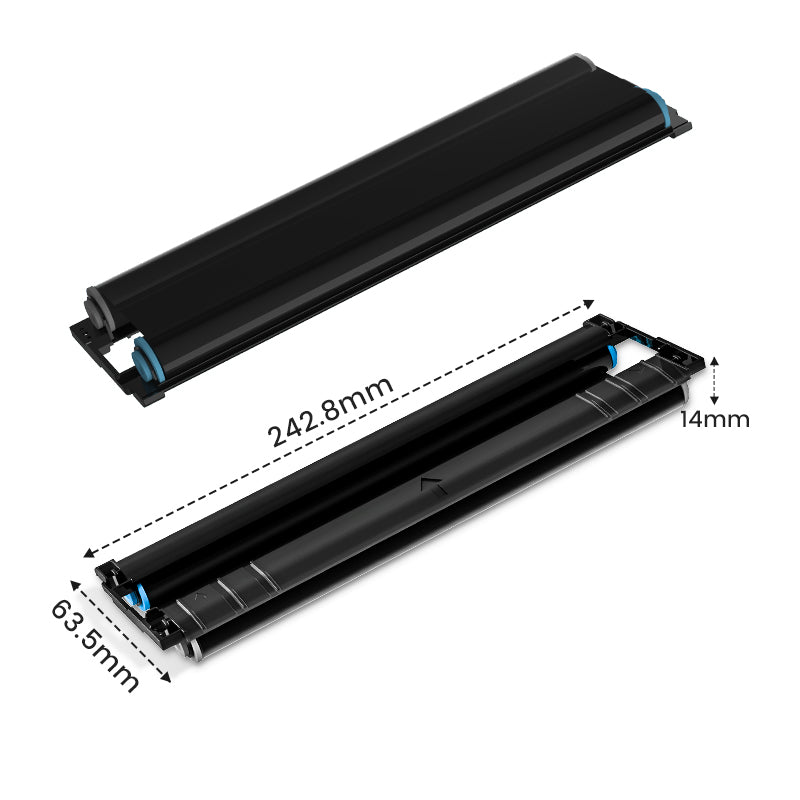 For P831
For P831
 For TP81/TP83/M08F Tattoo
For TP81/TP83/M08F Tattoo
 For TP31 Tattoo
For TP31 Tattoo
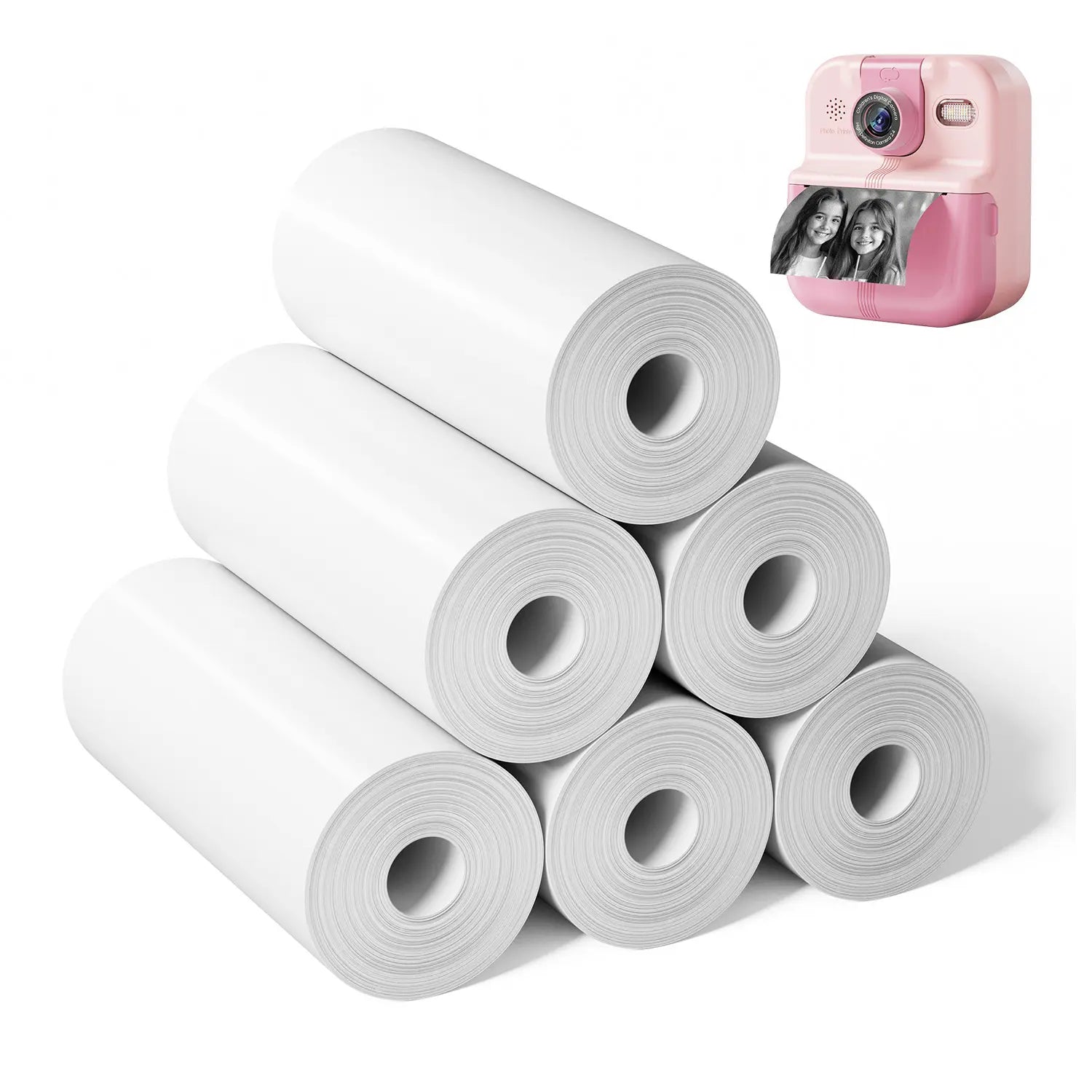 For P02
For P02











